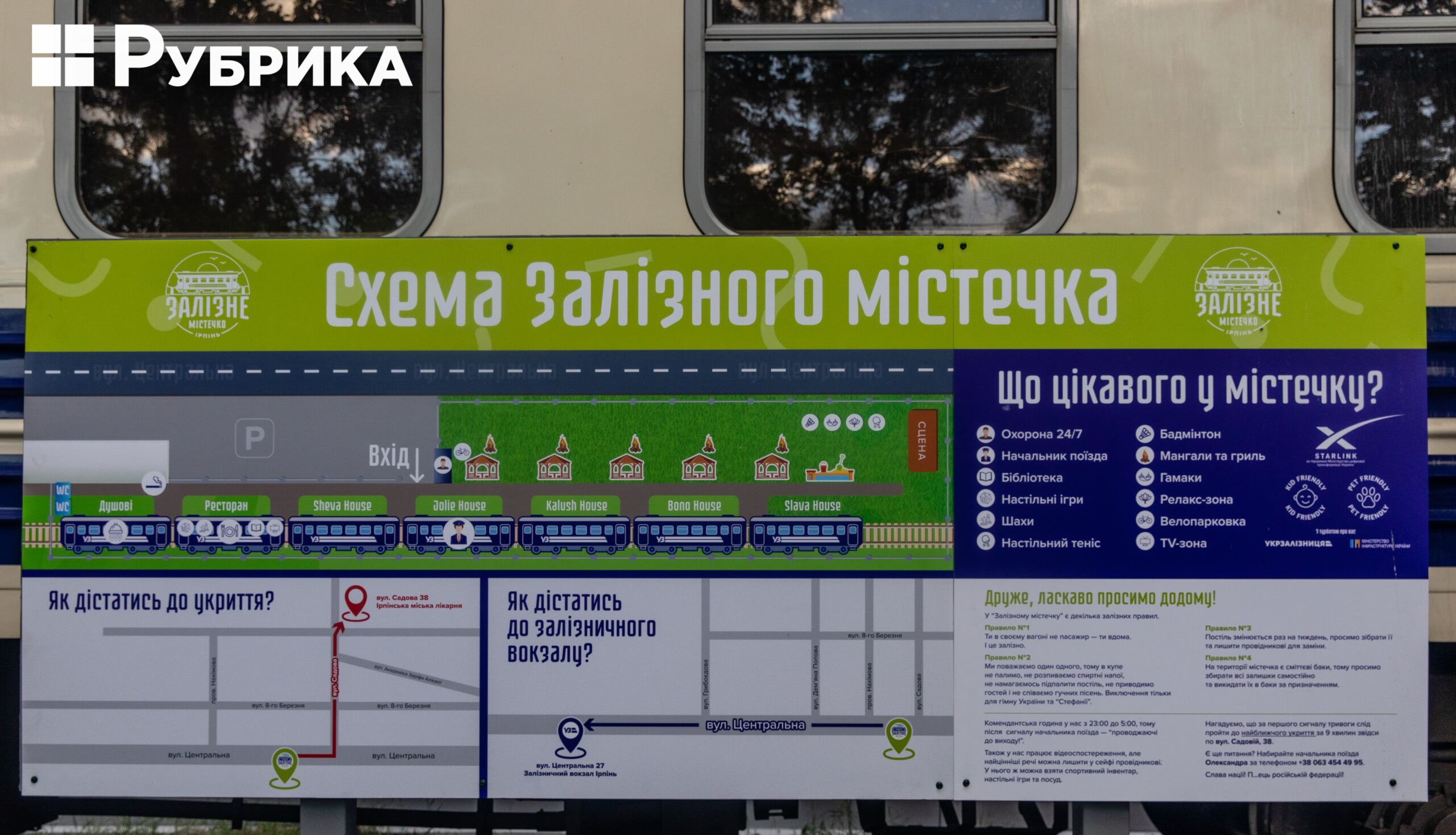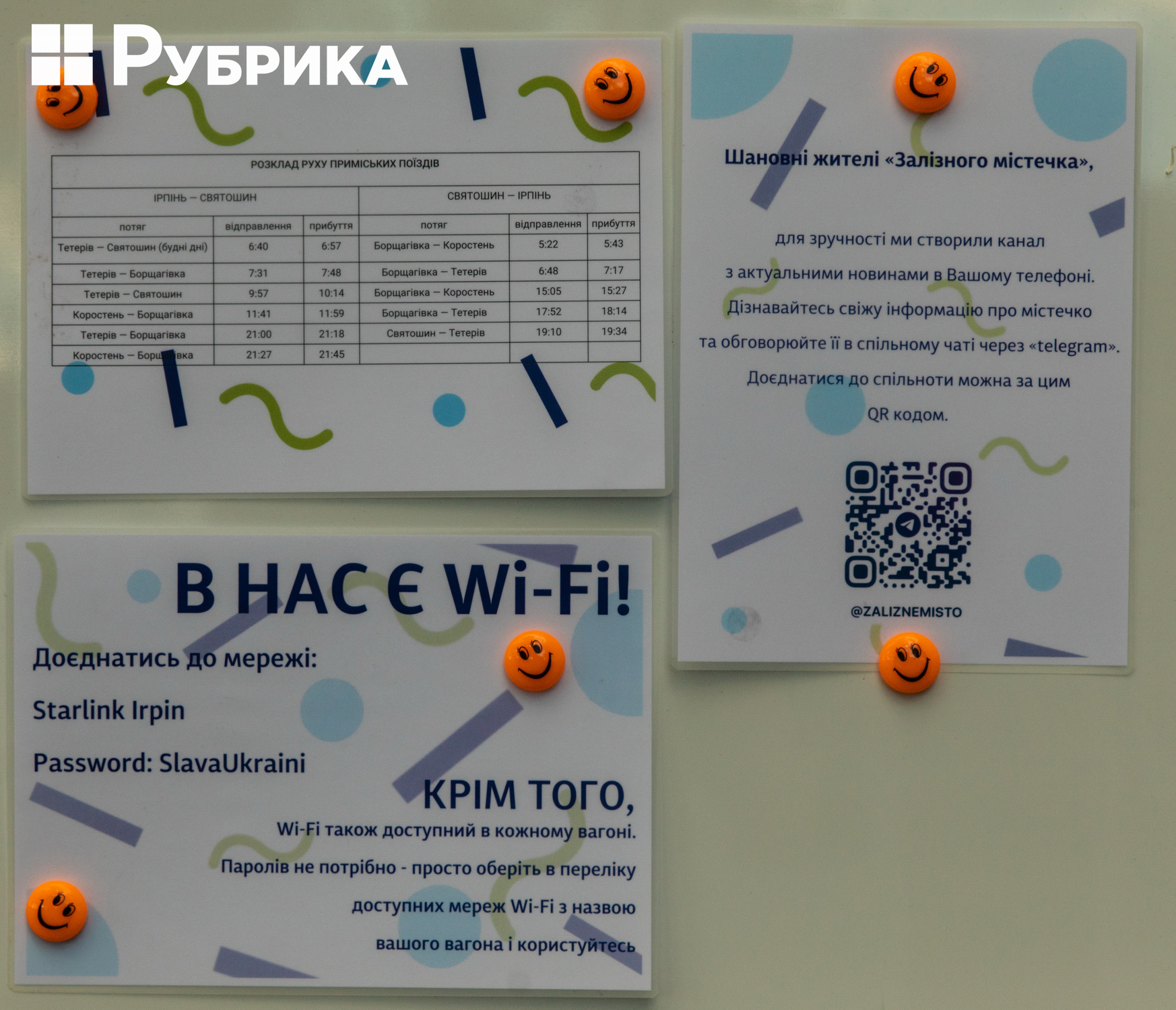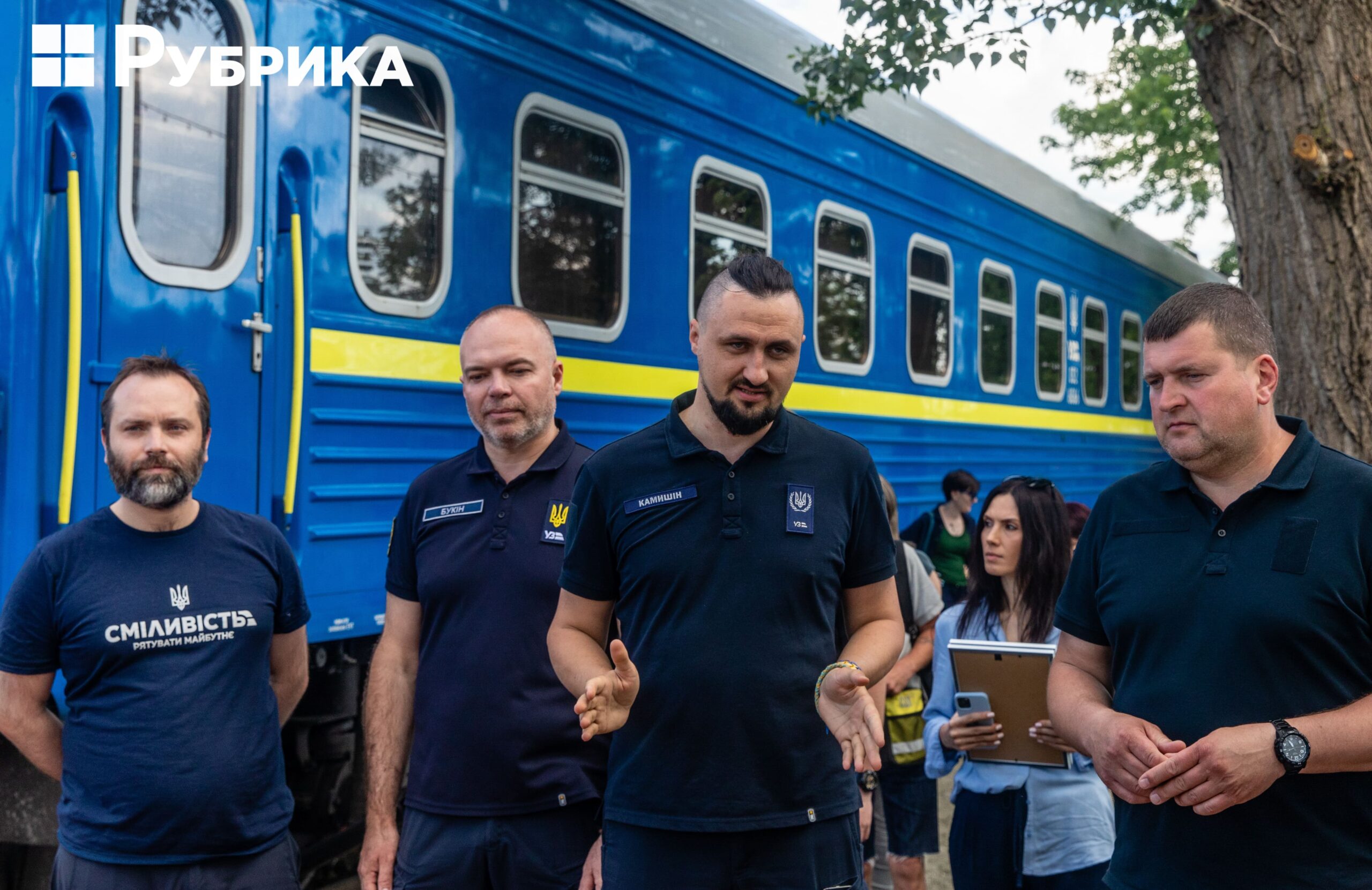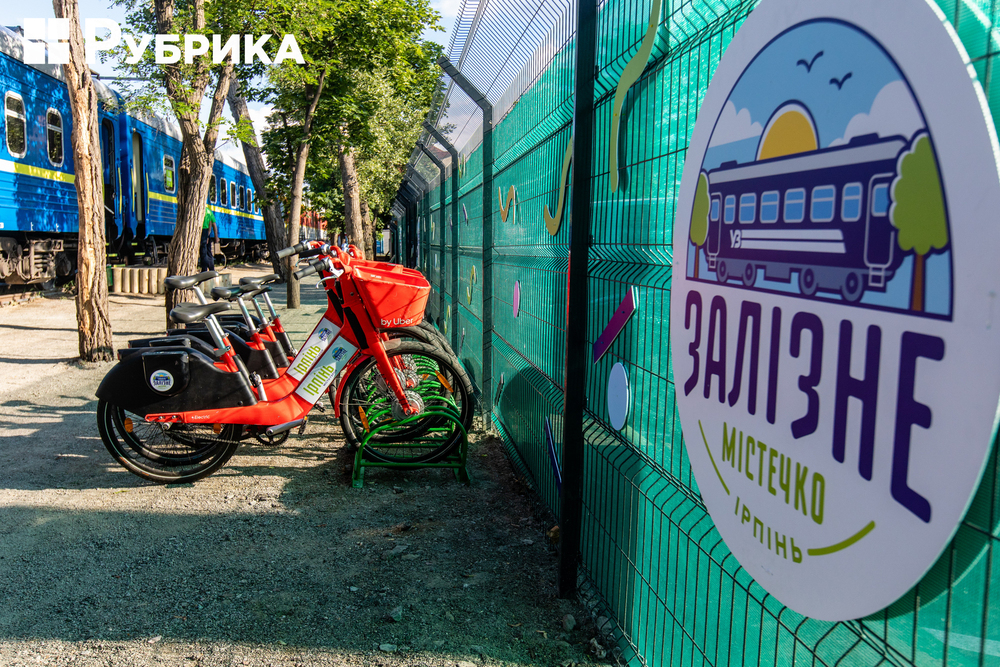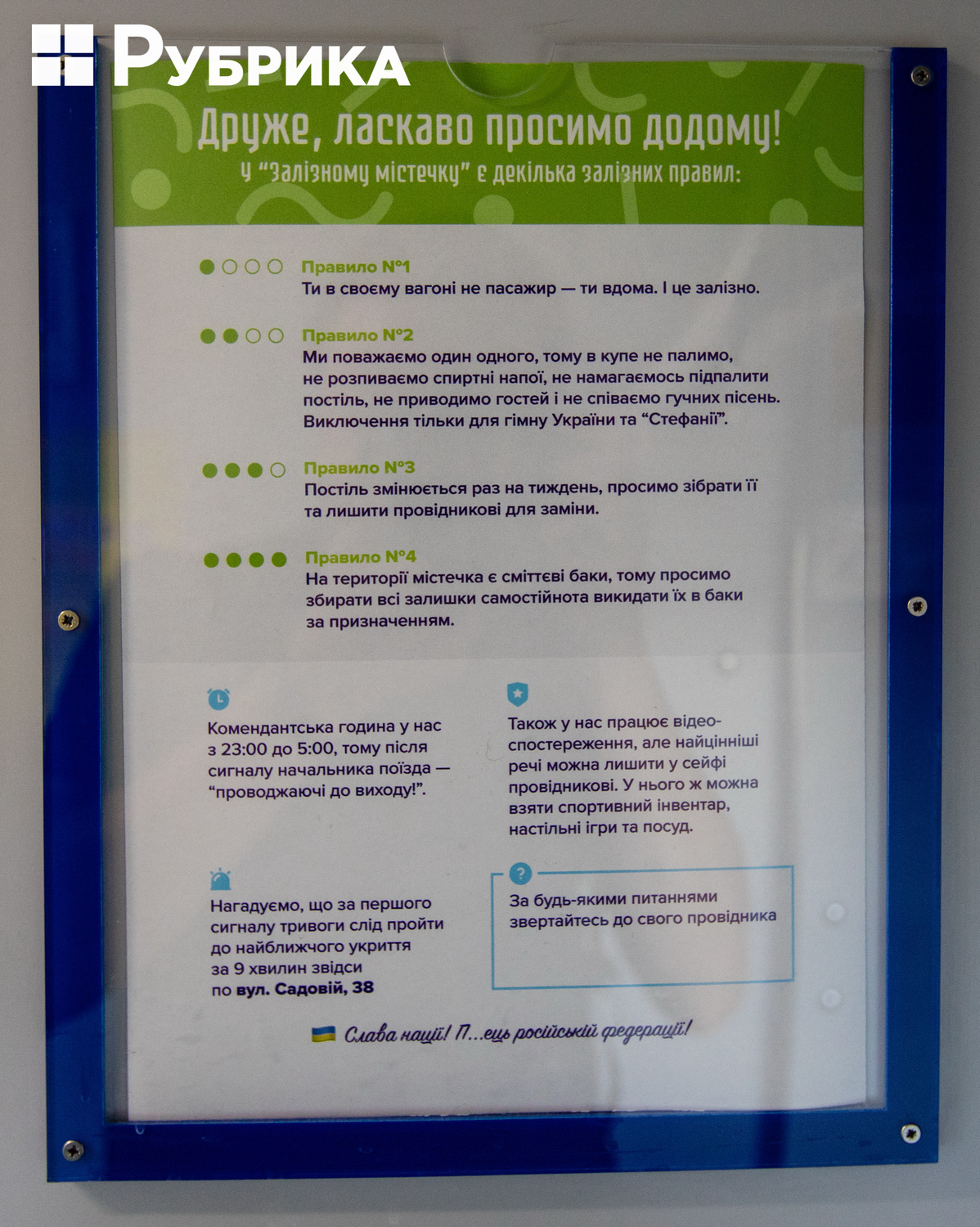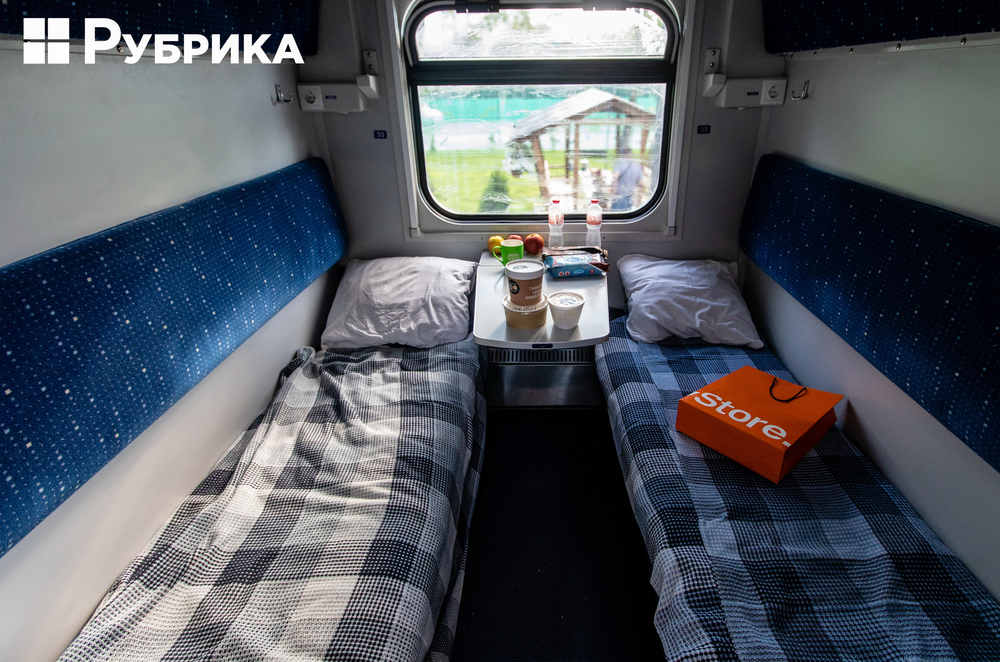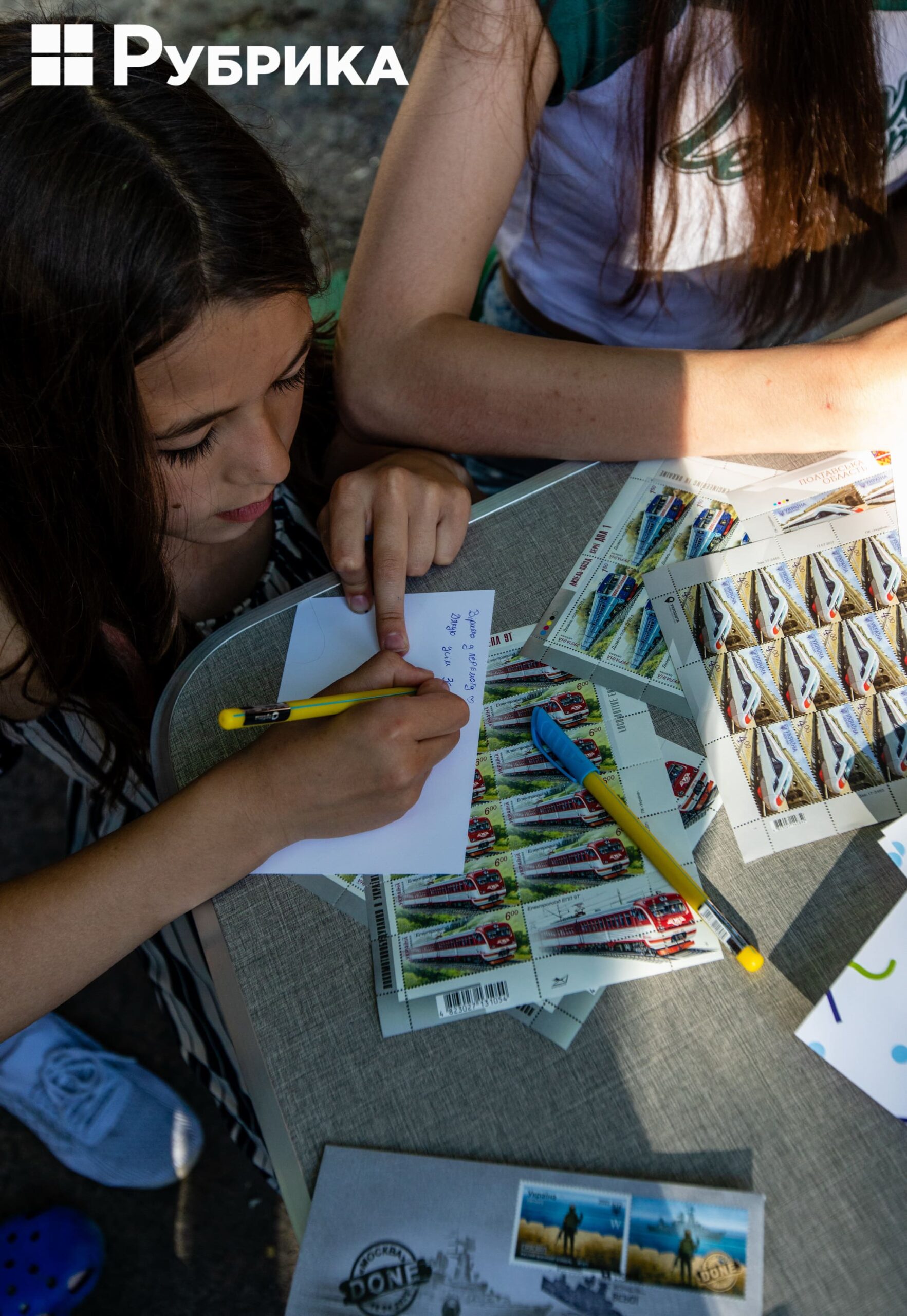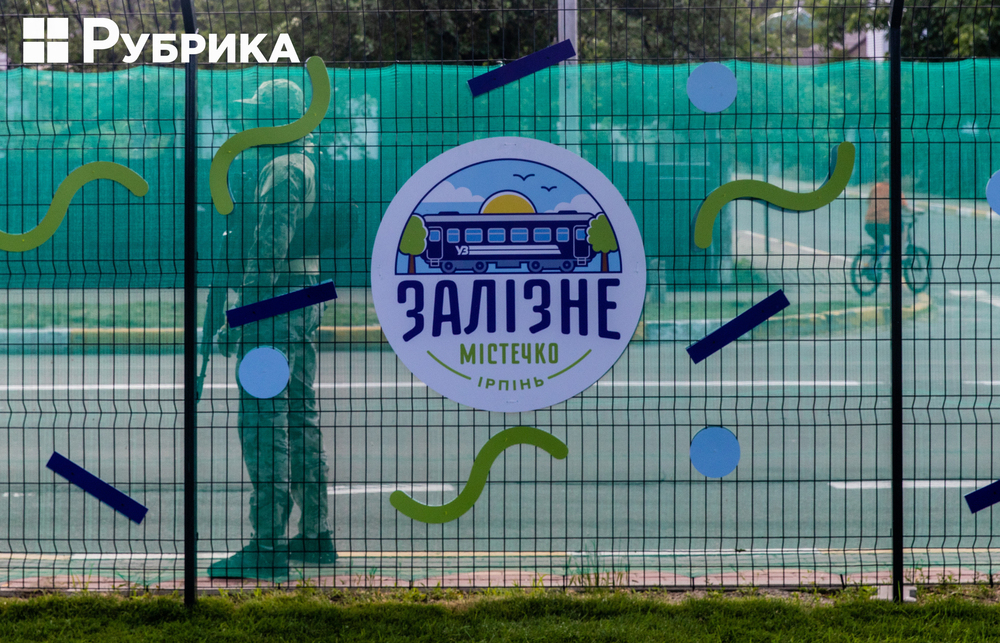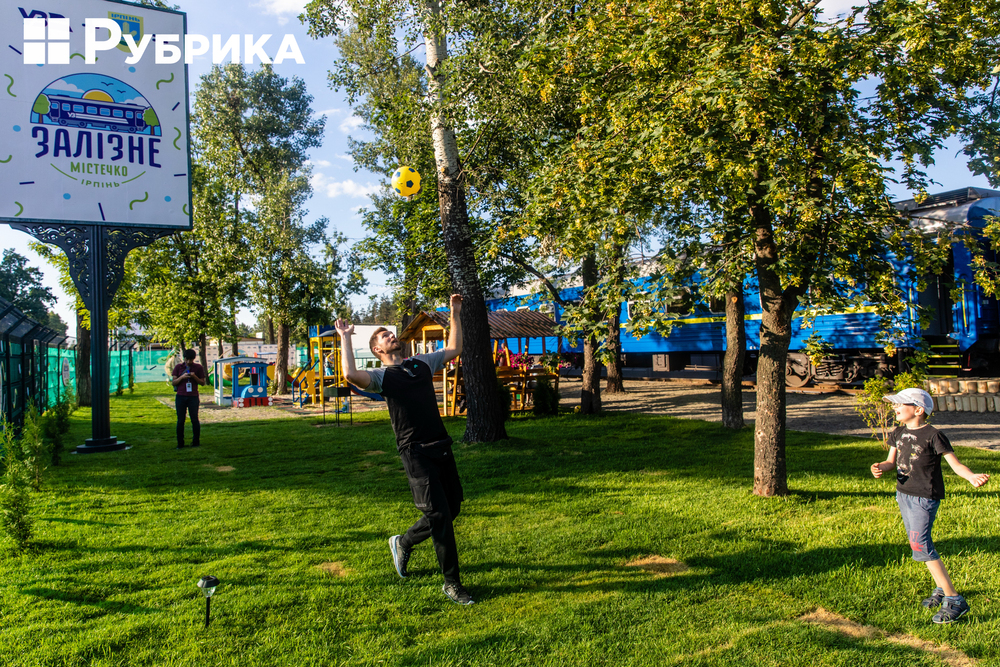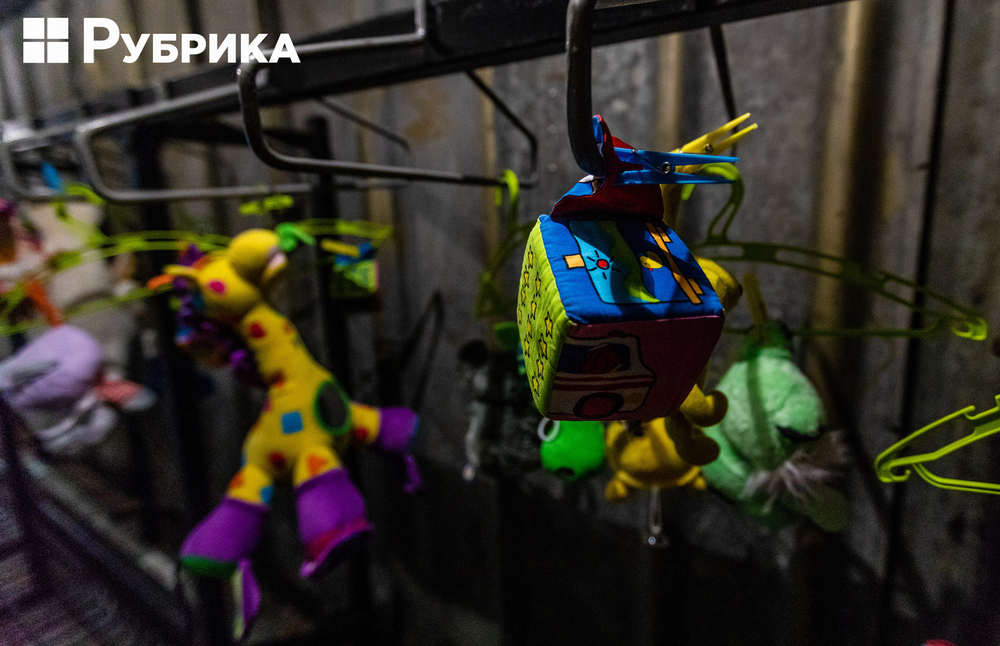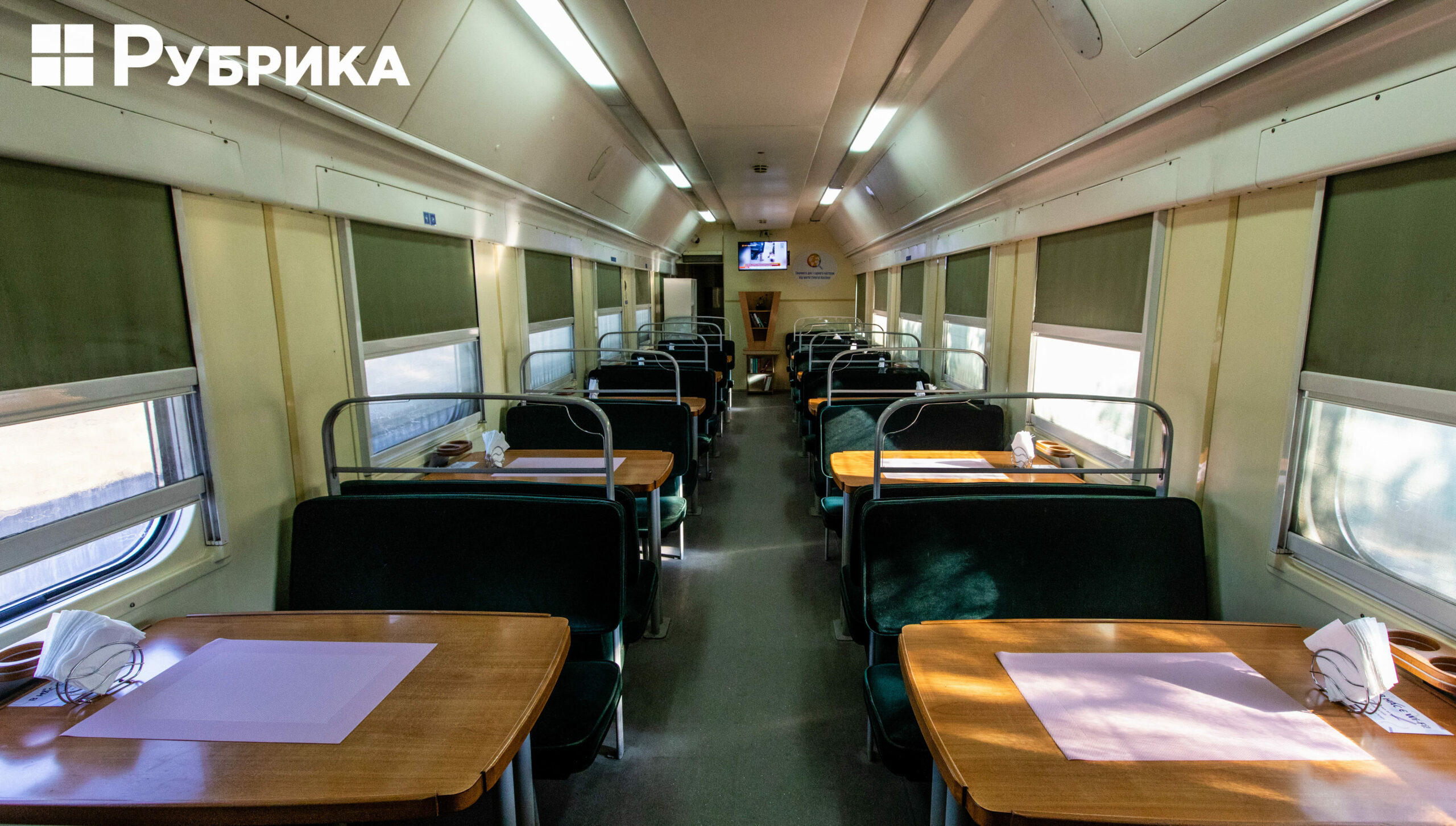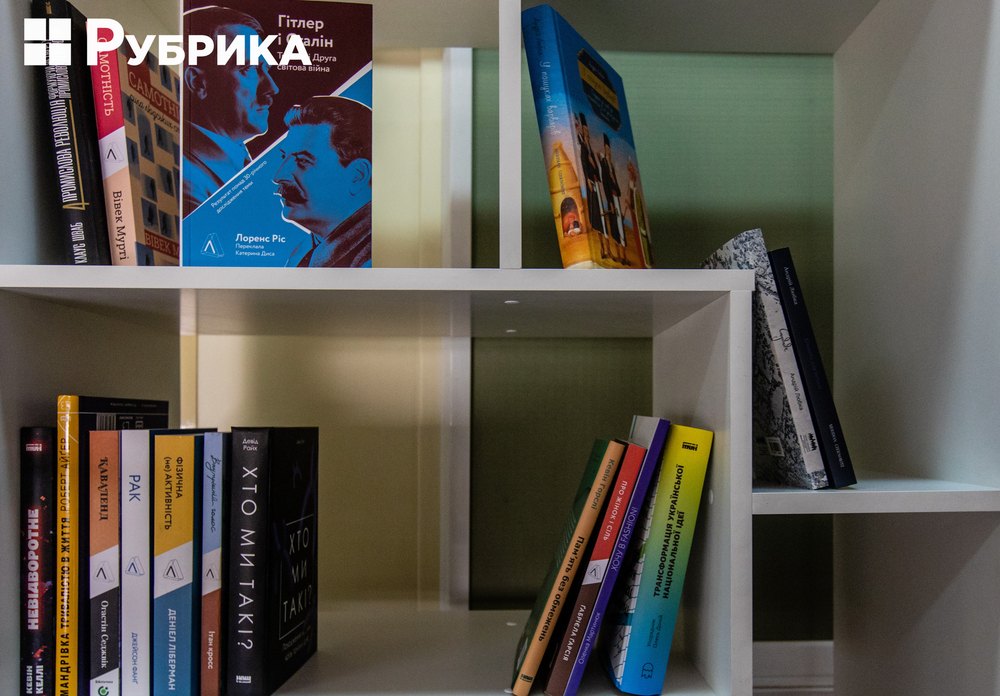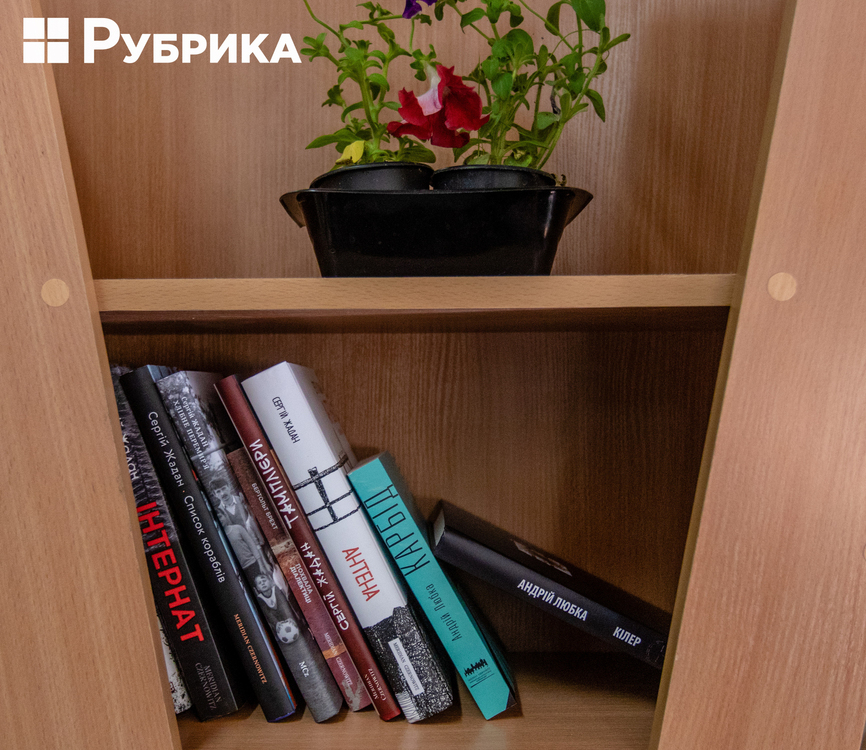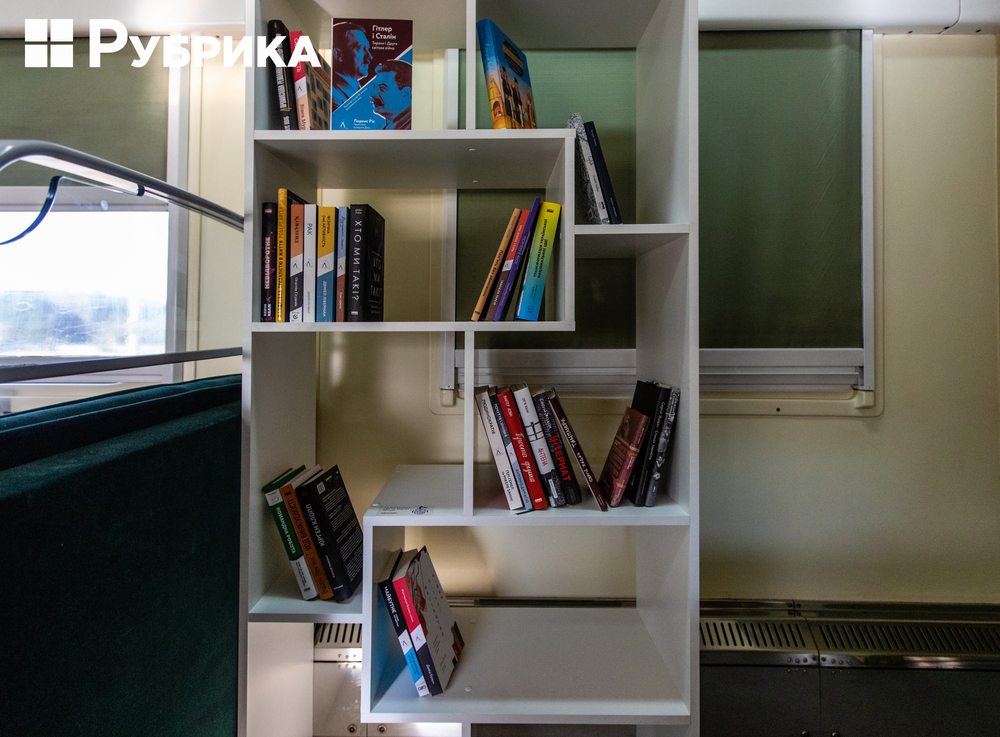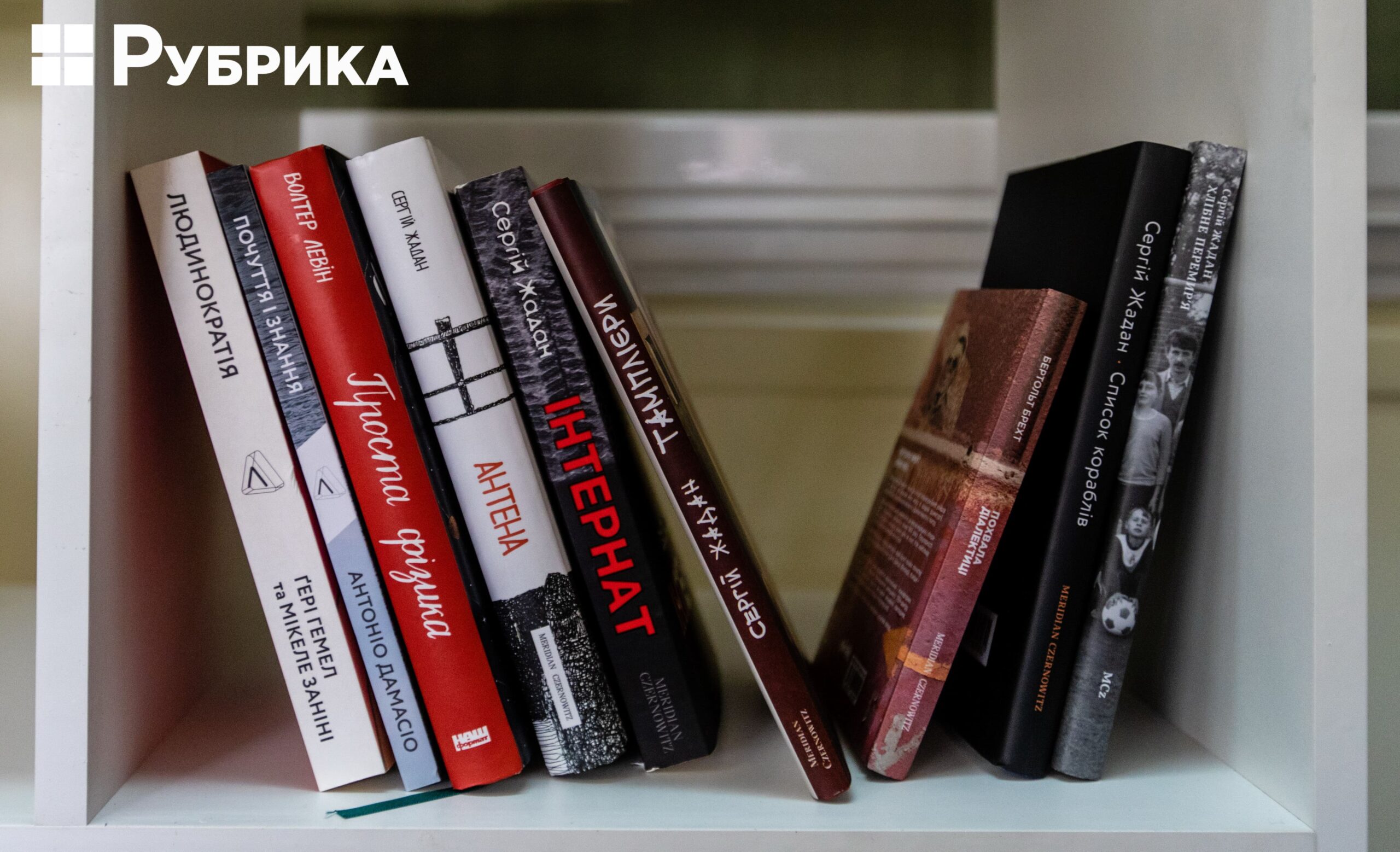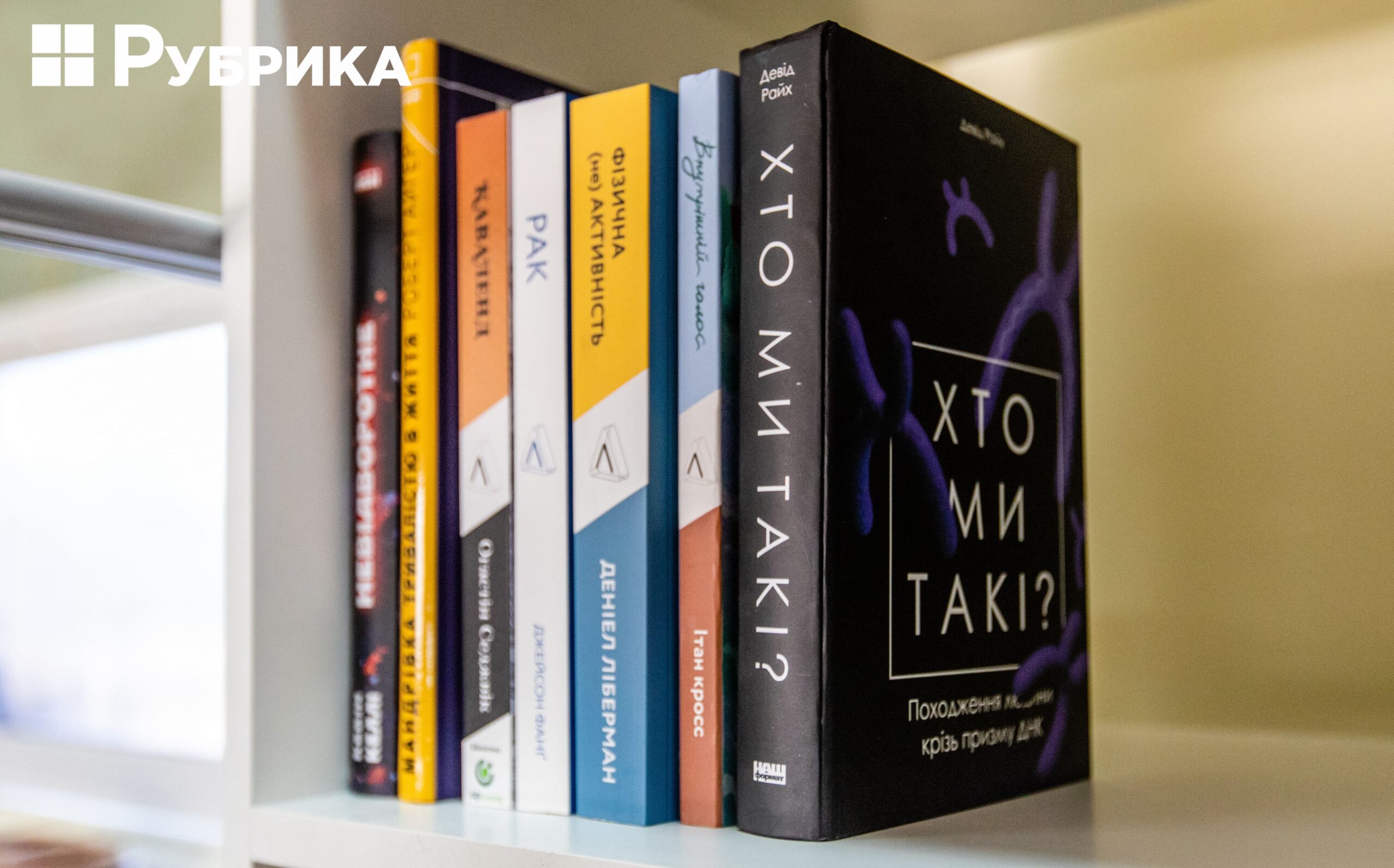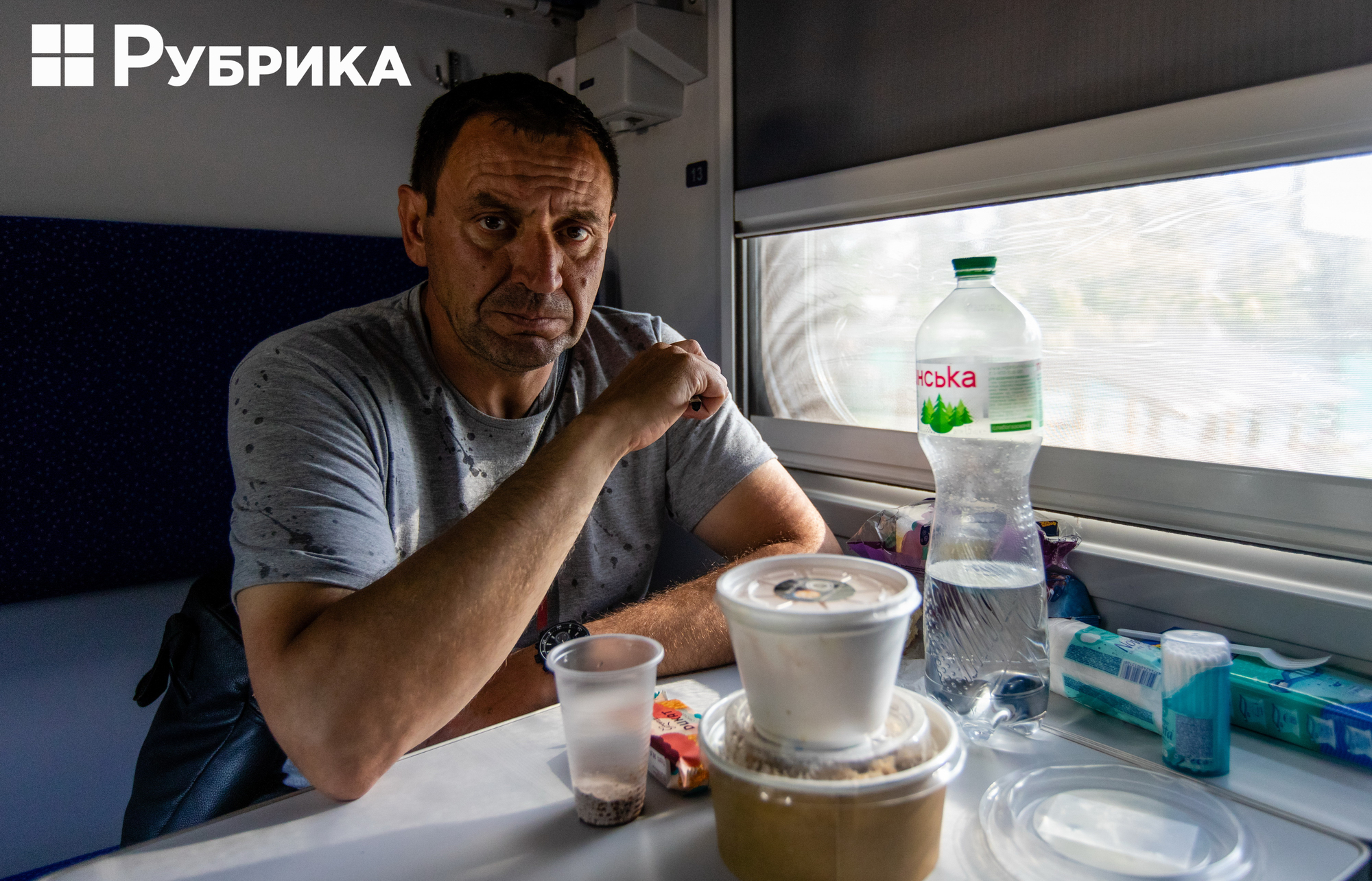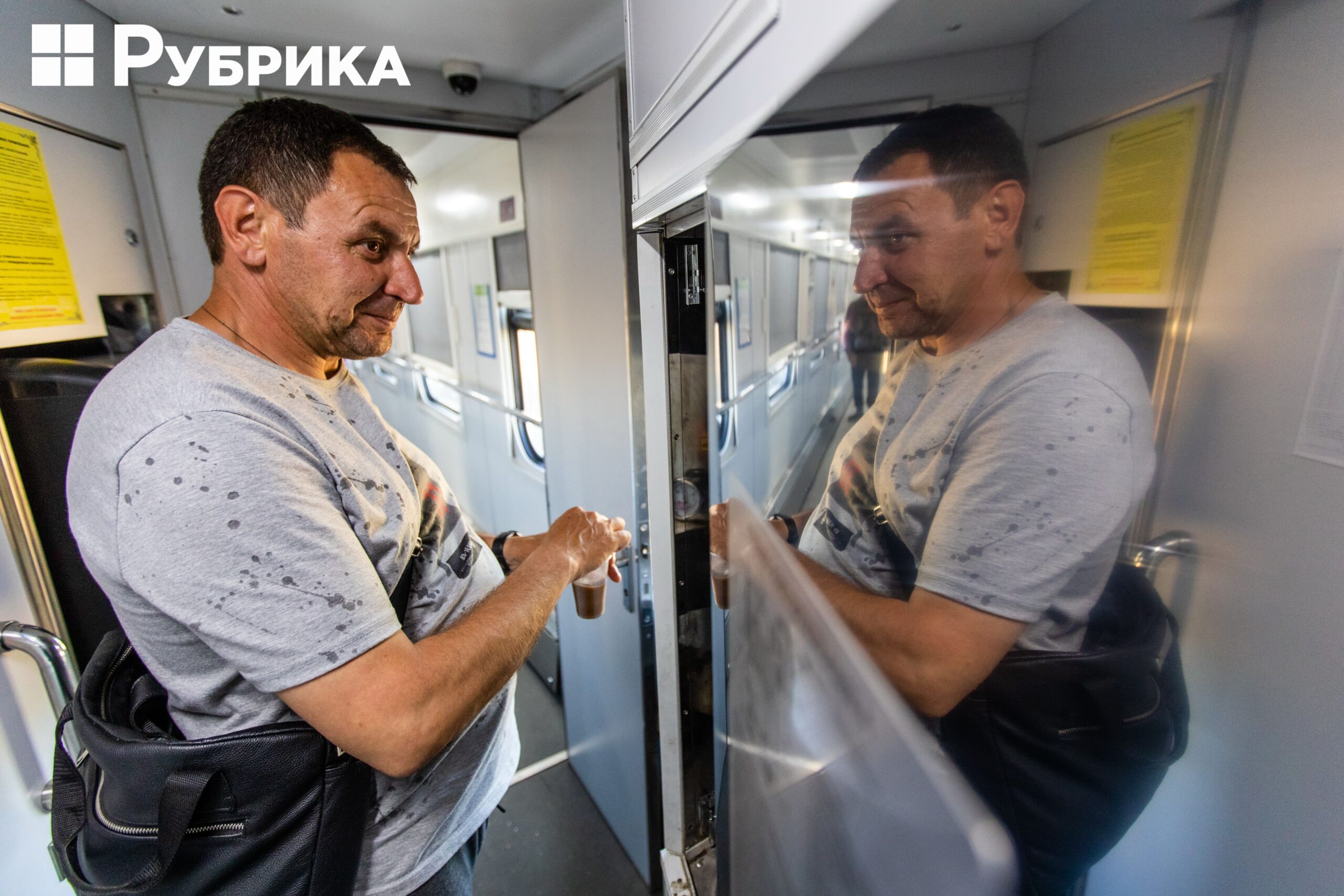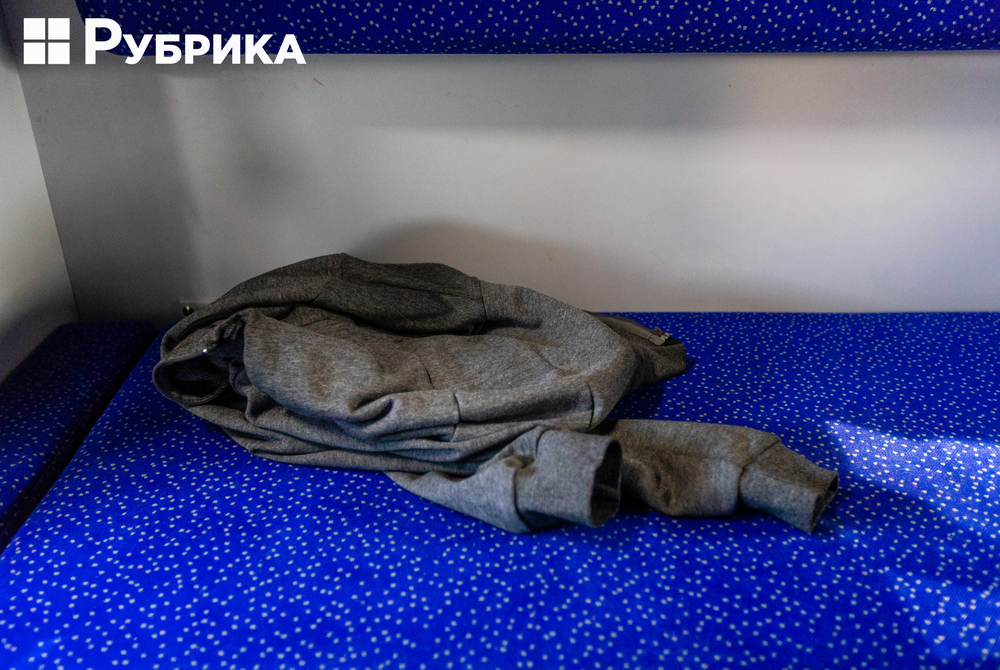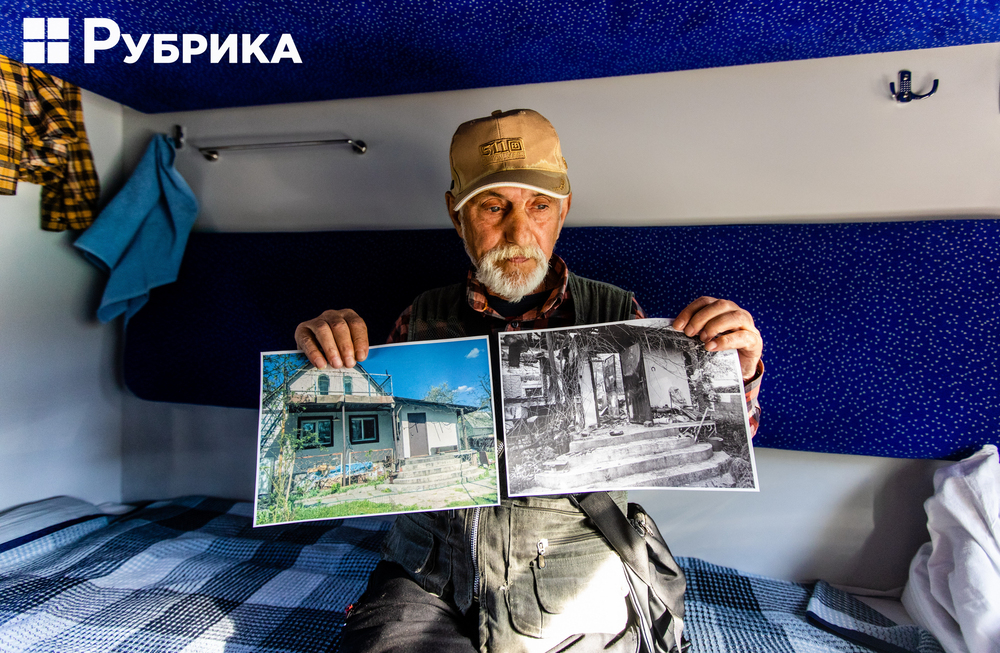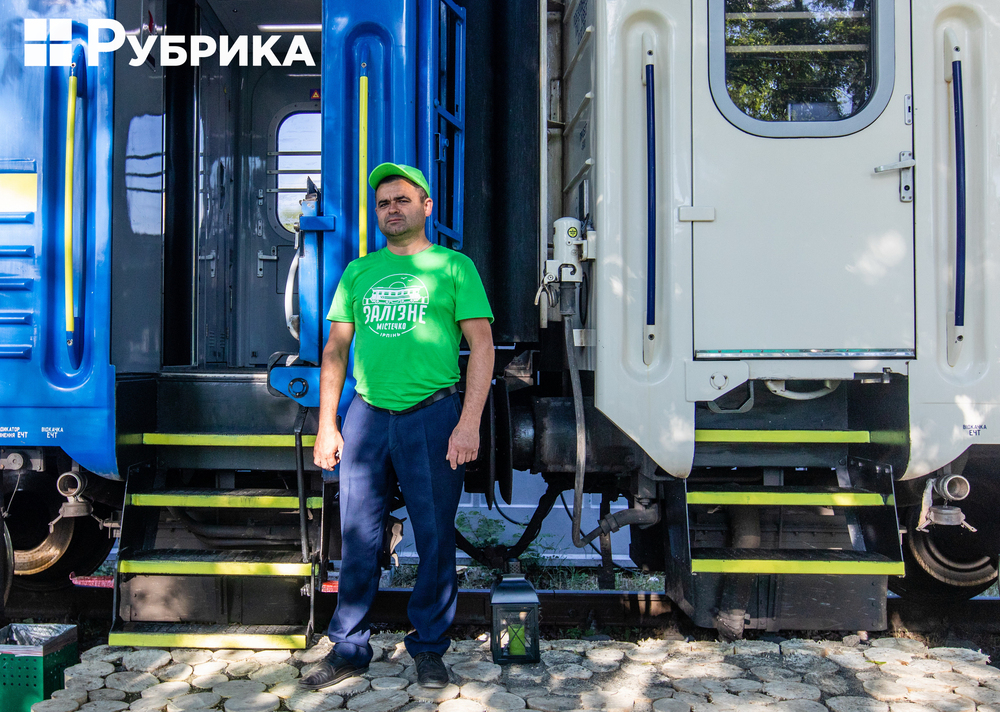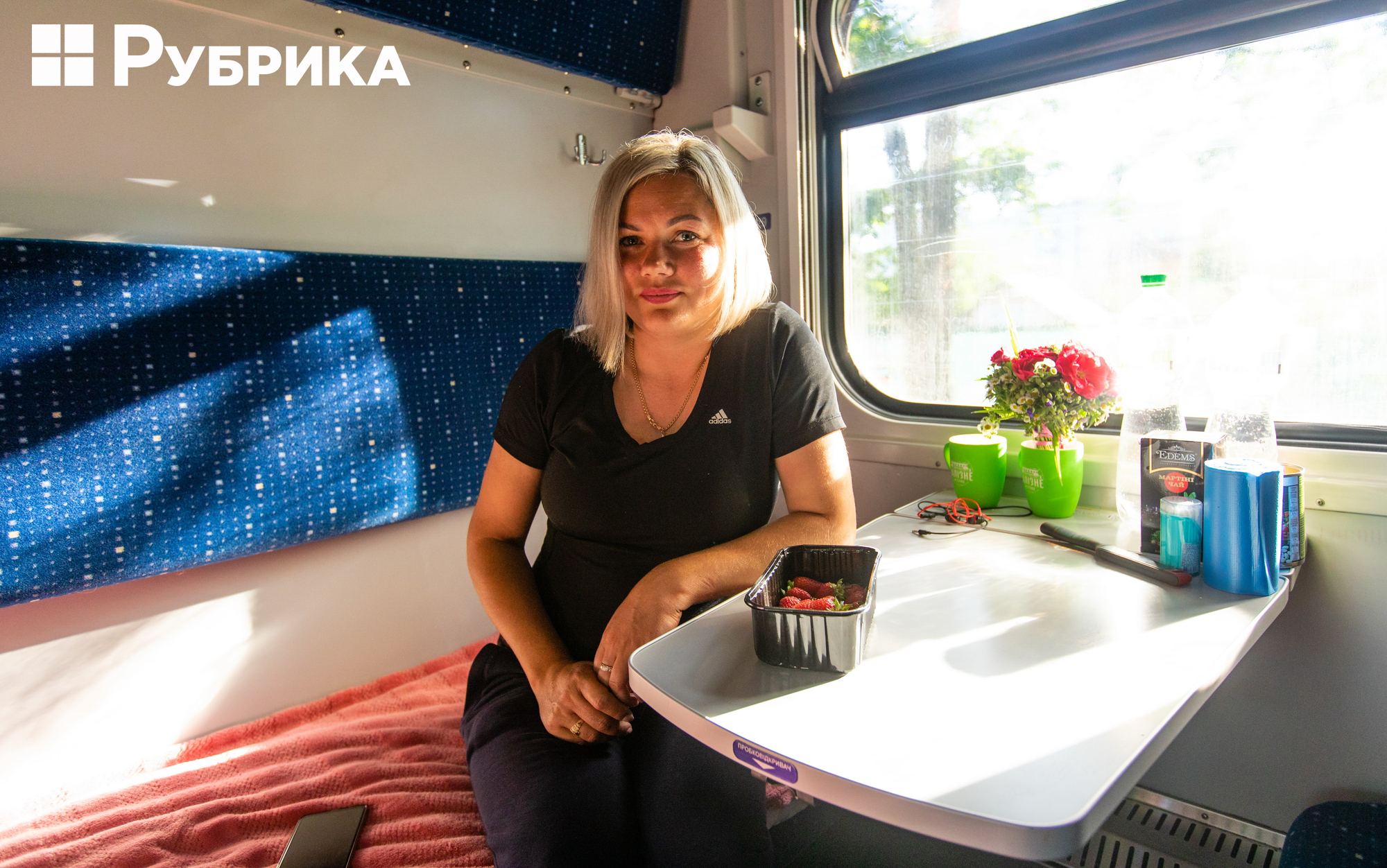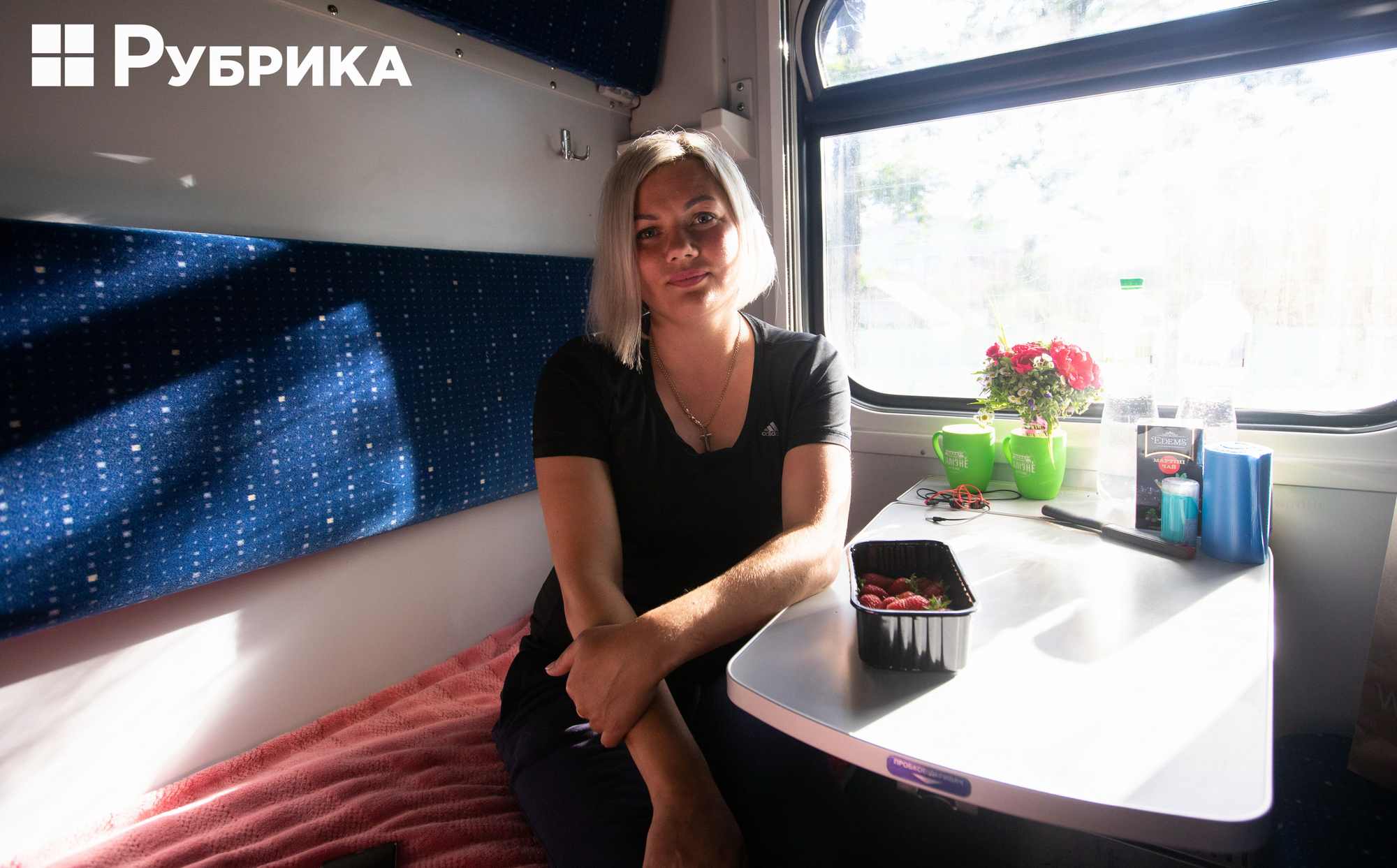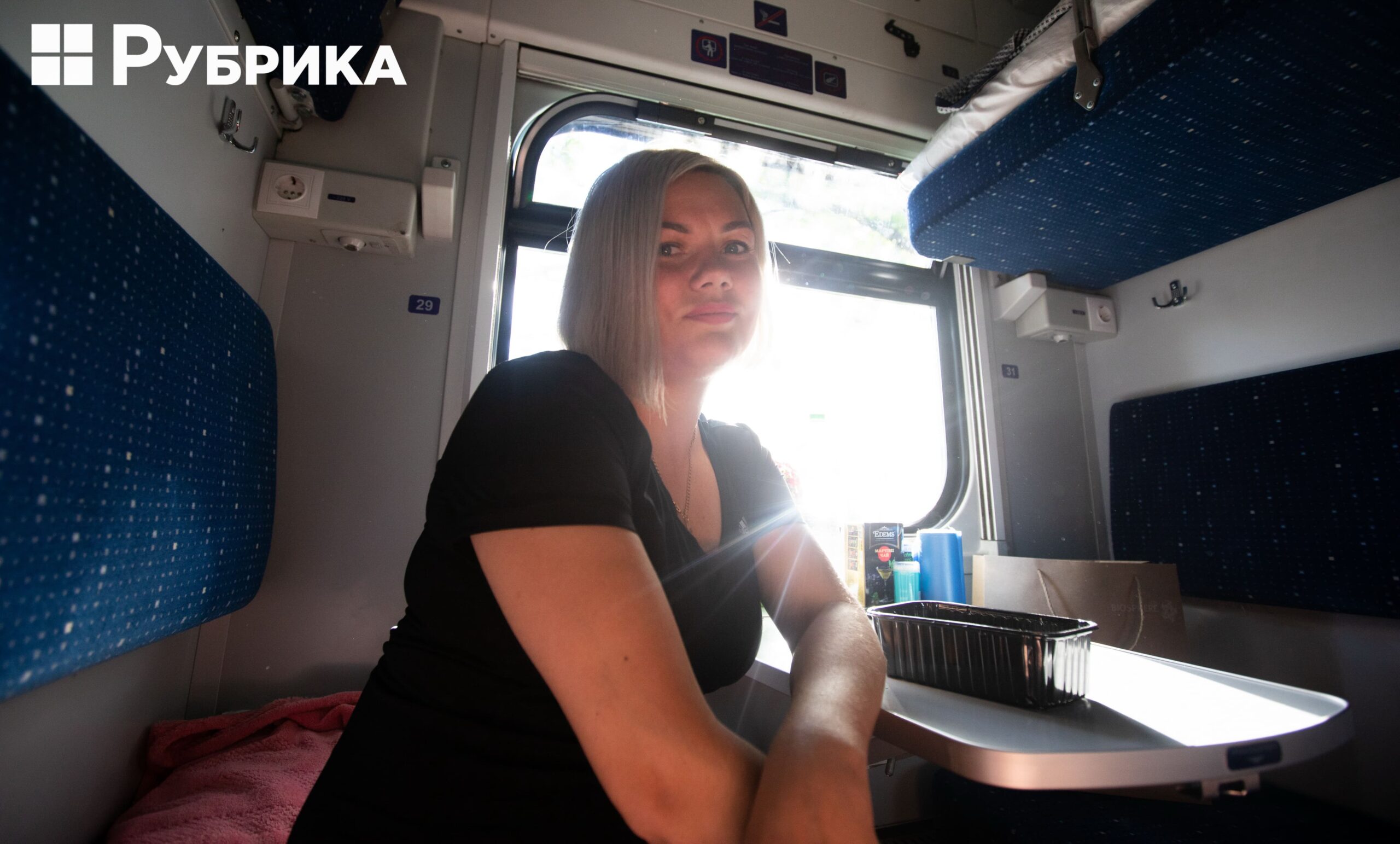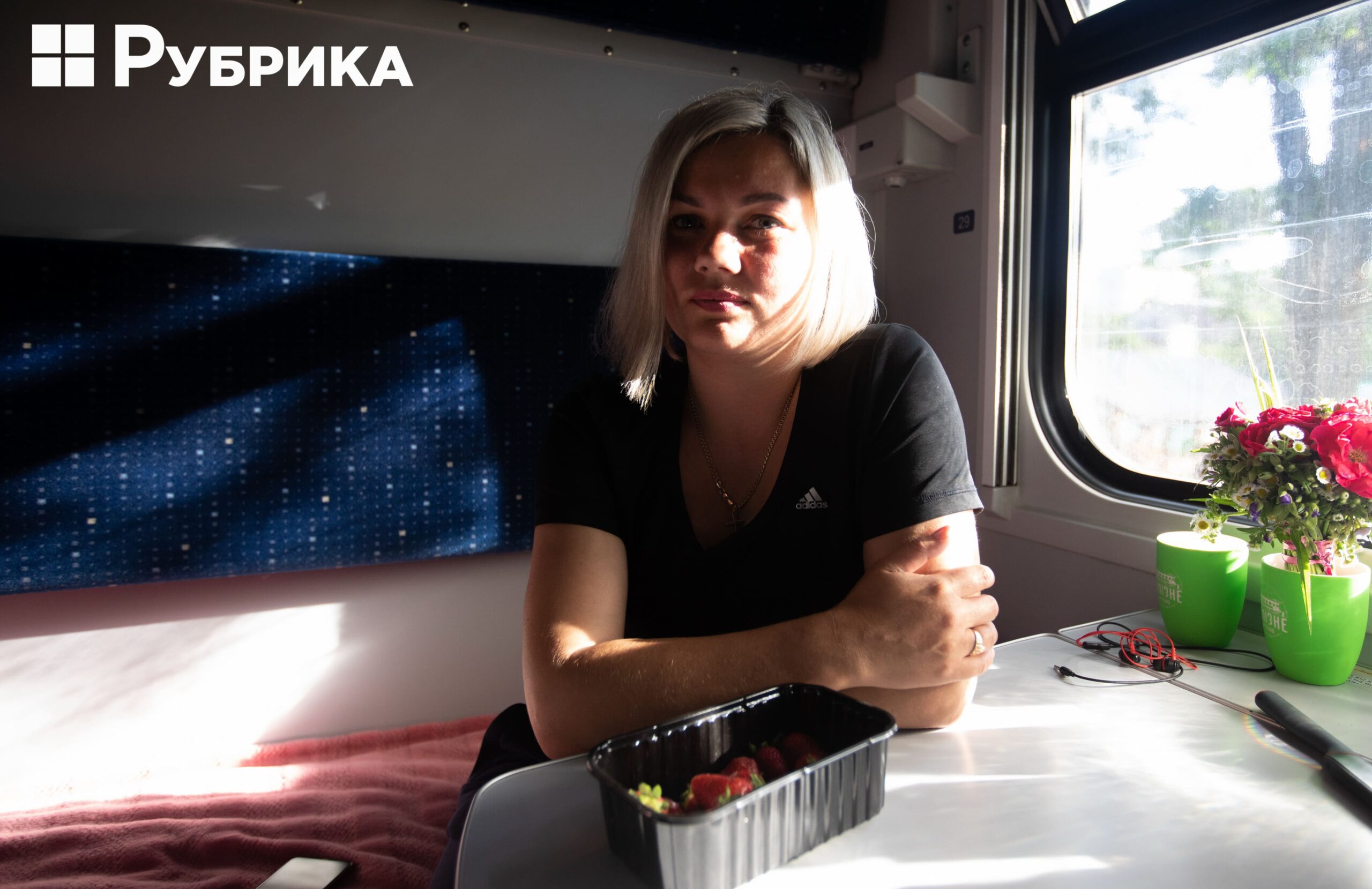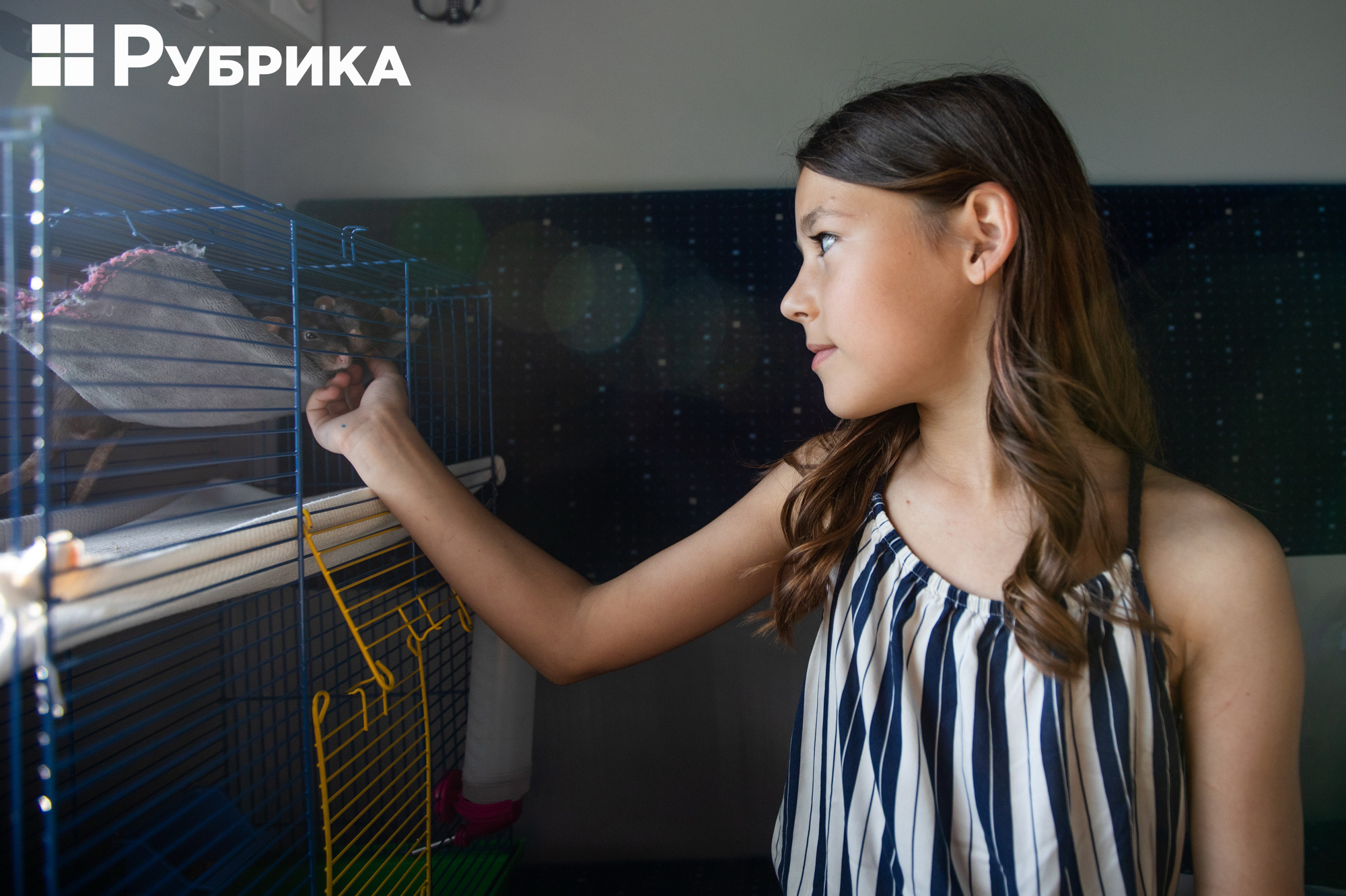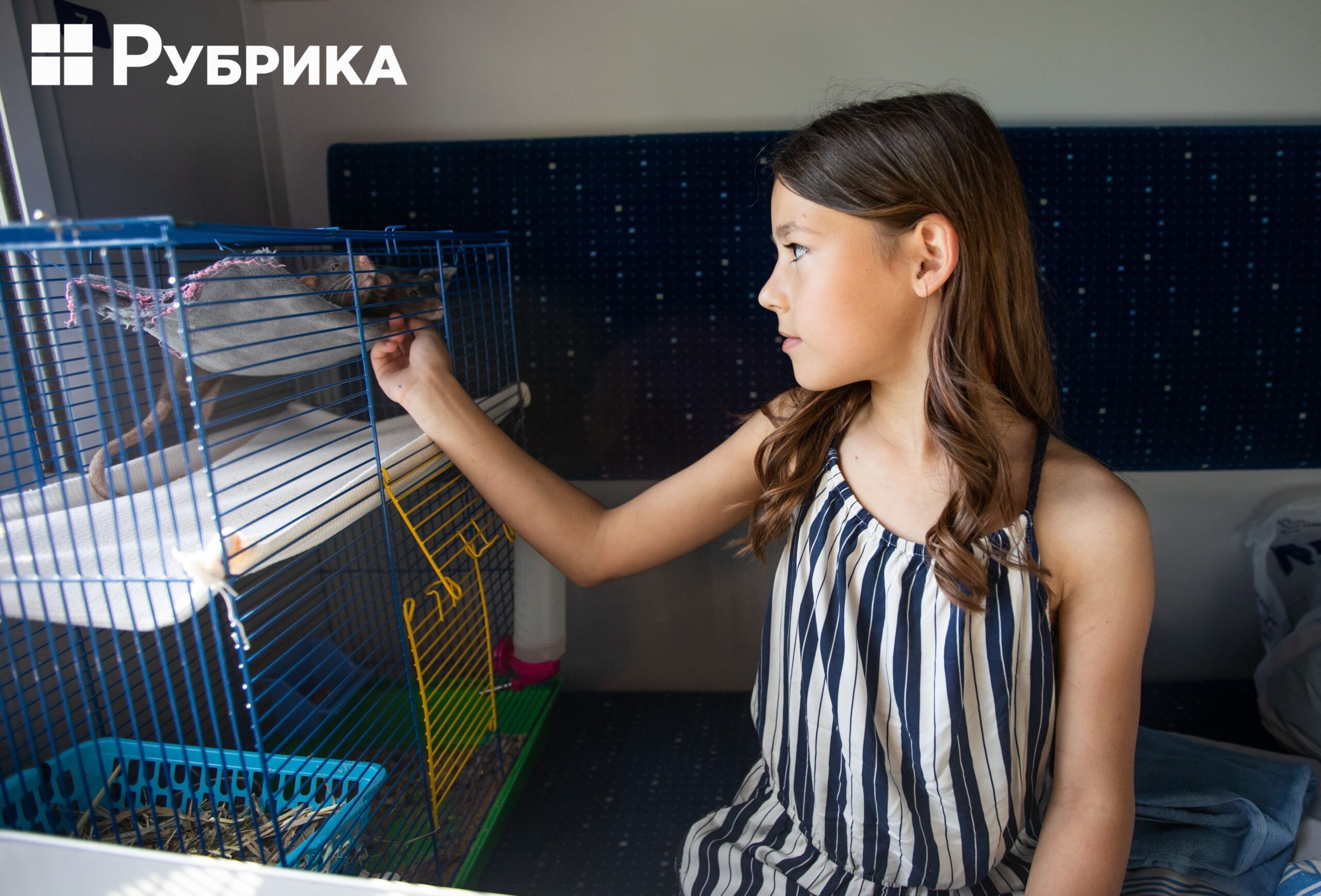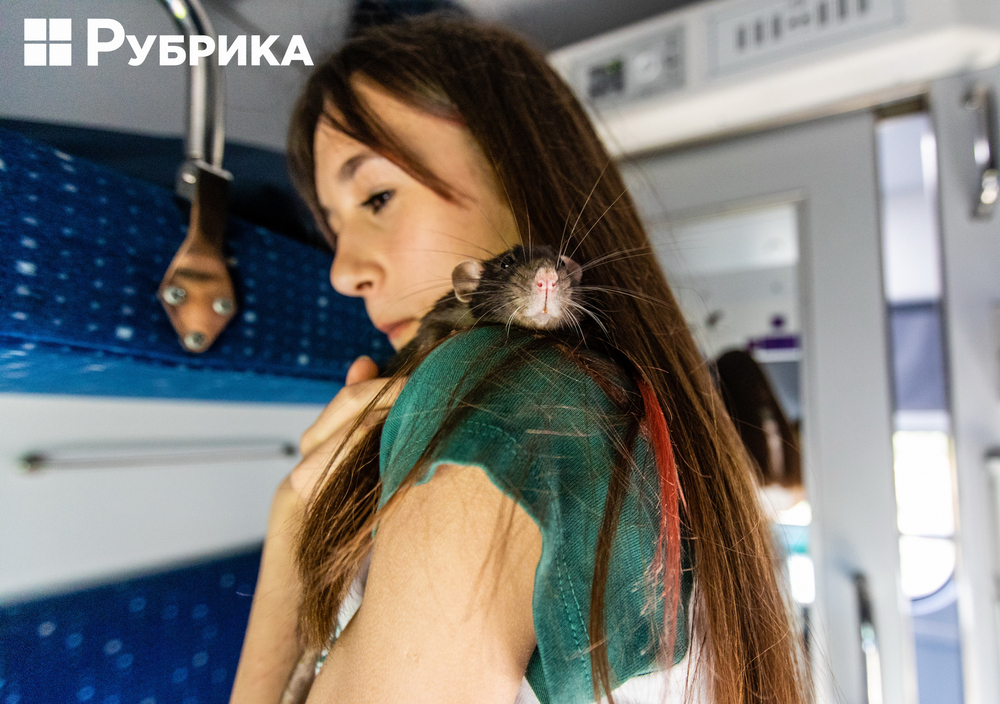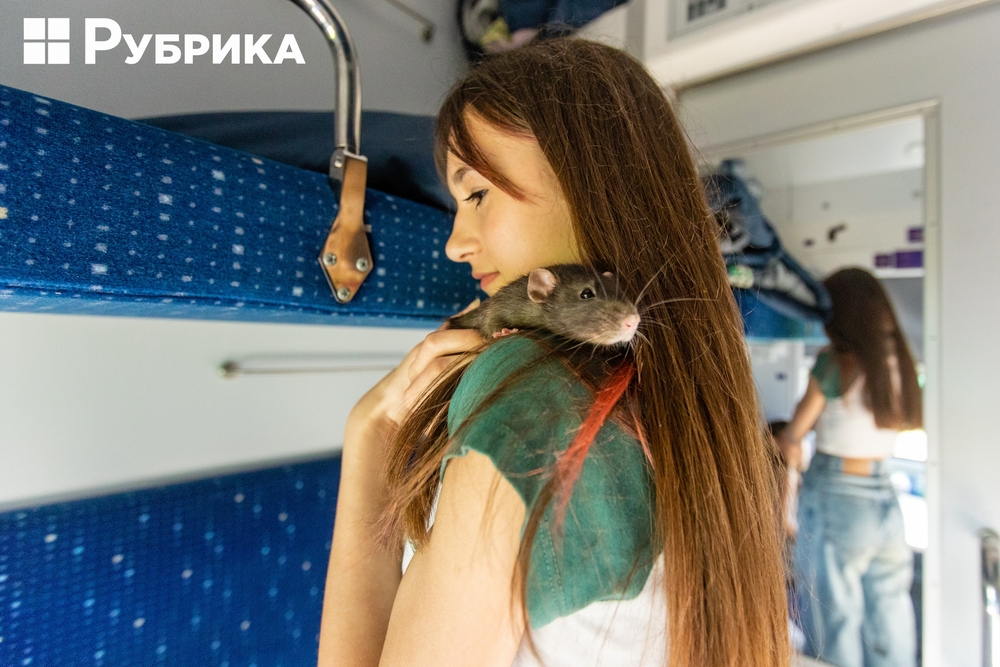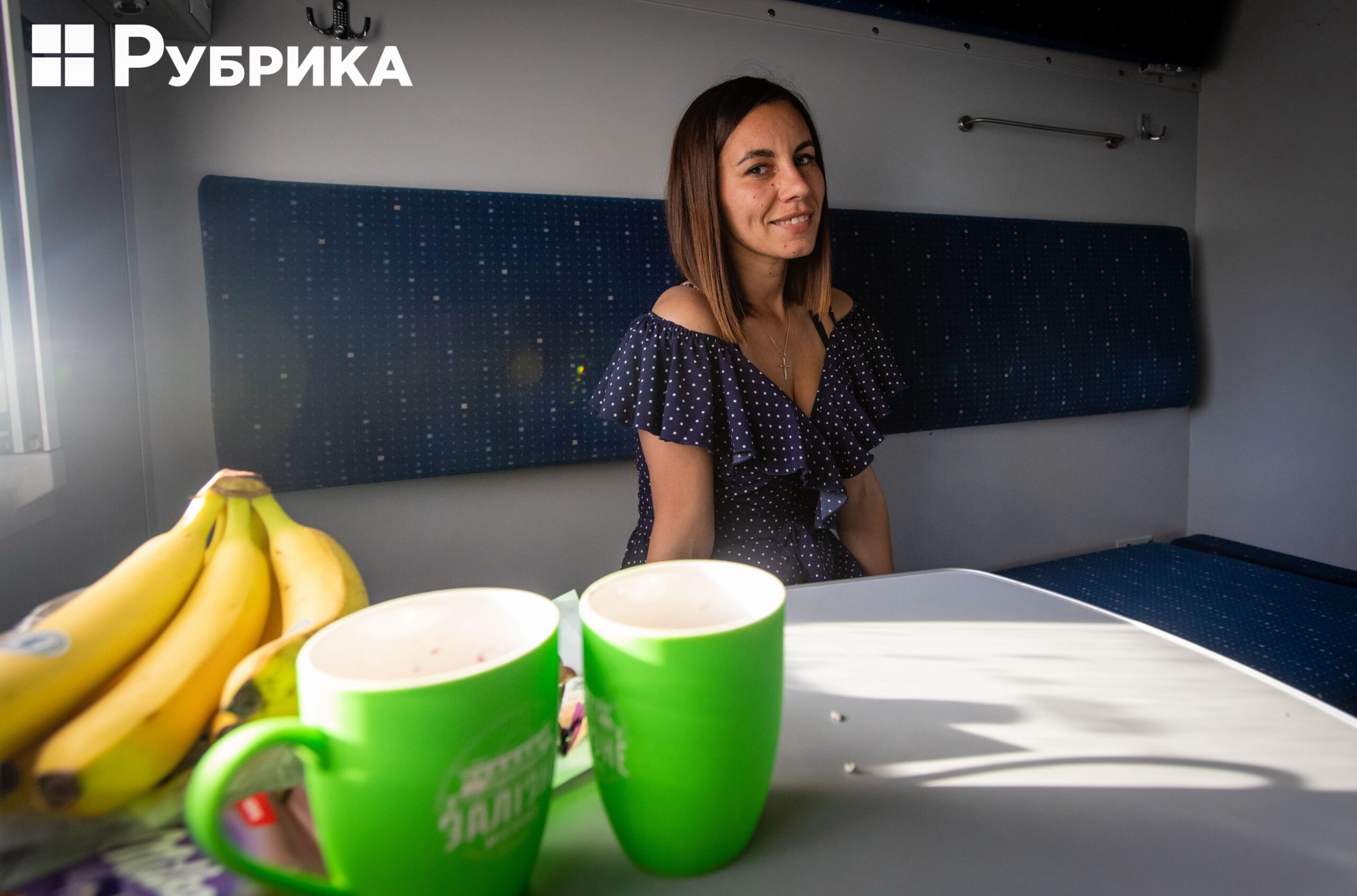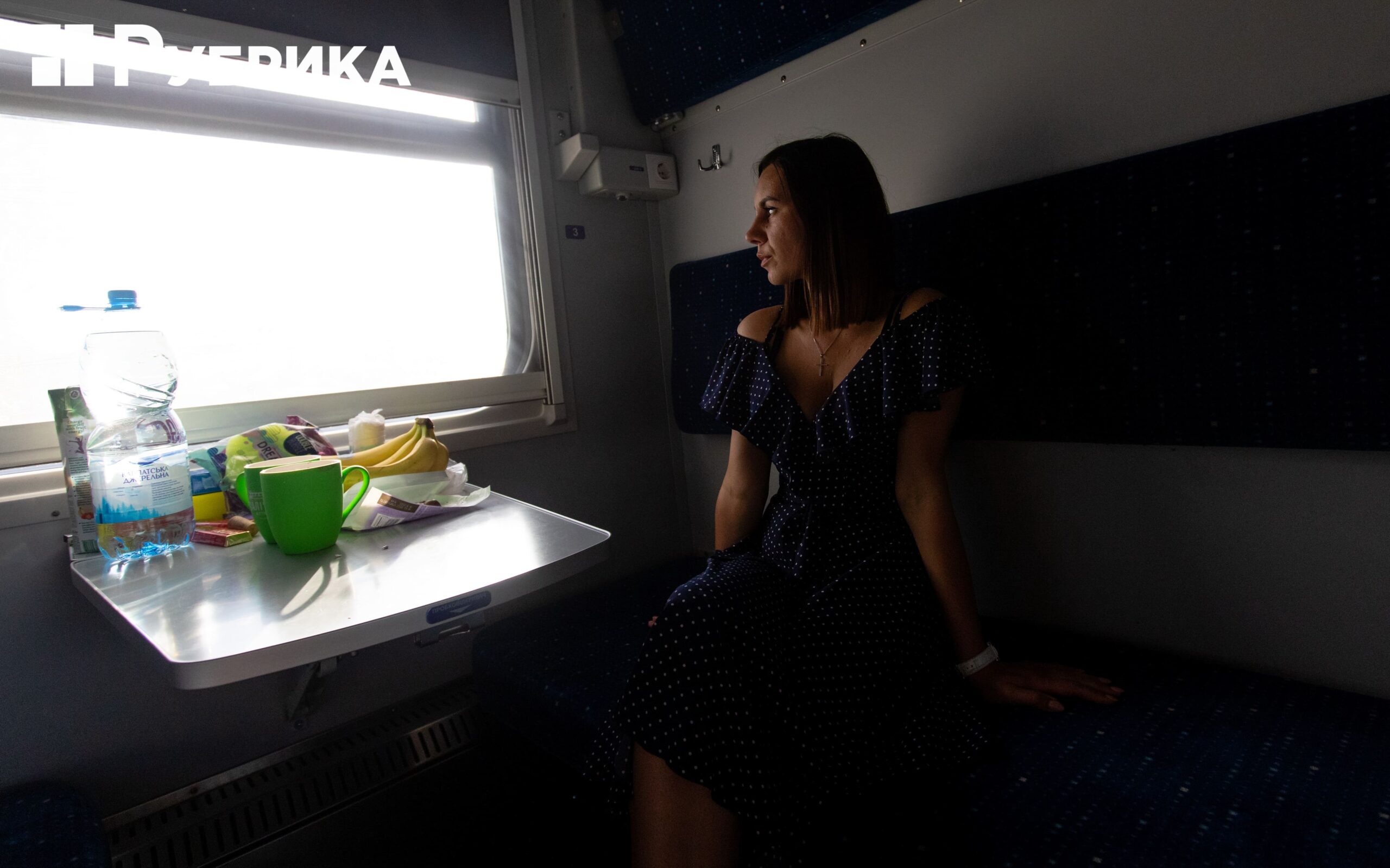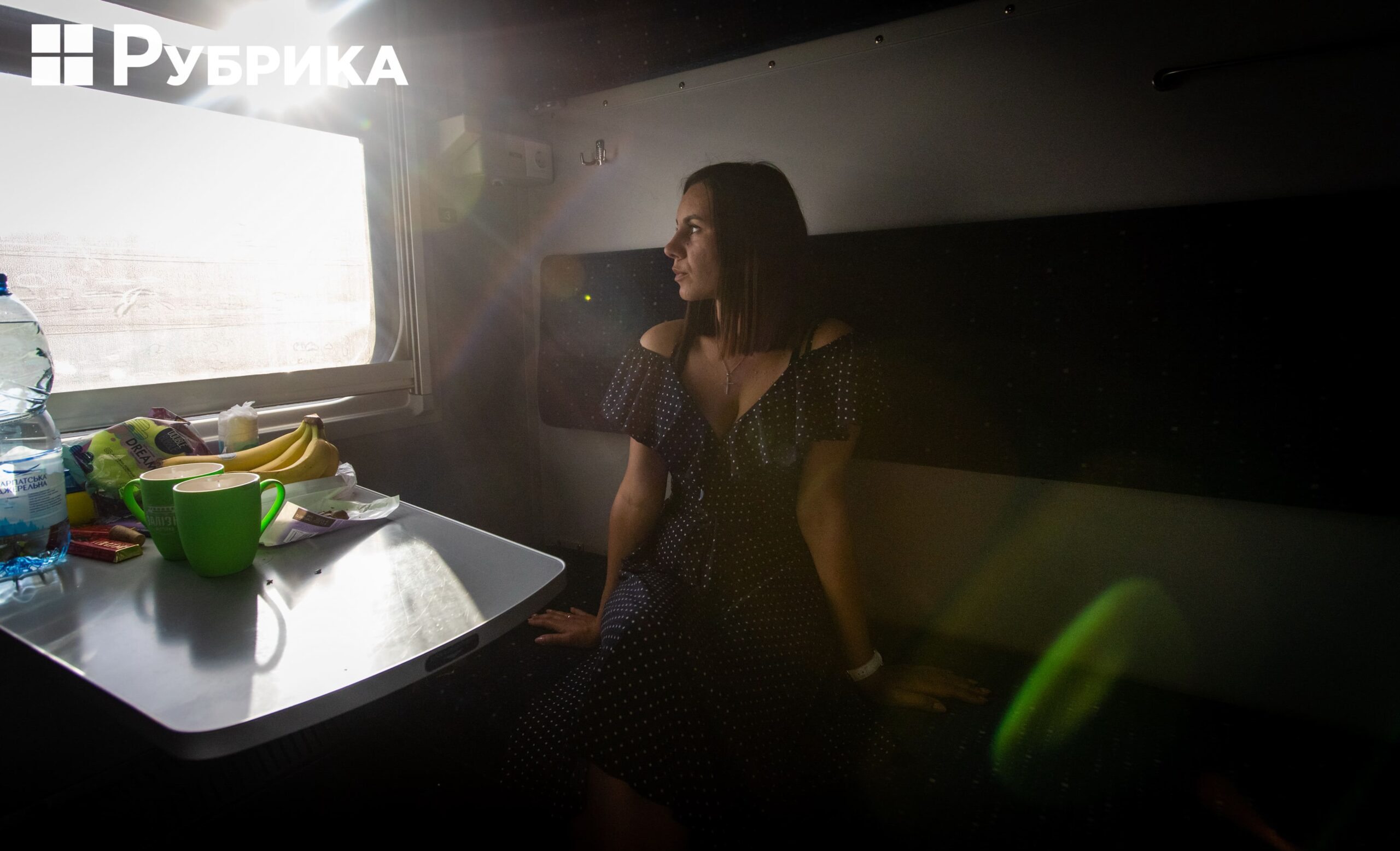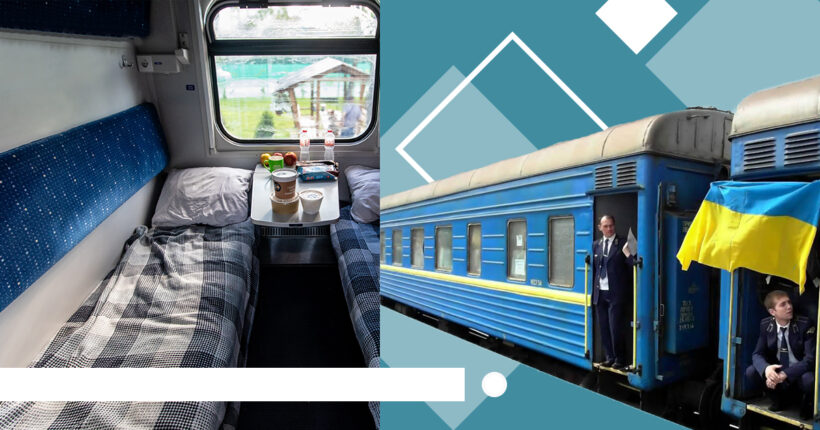
What is the problem?
Destroyed homes
The war has been going on for more than five months. During this time, tens of thousands of people lost their homes: they were either completely destroyed or badly damaged. Restoring damaged housing or providing a new one to those who need it is one of the most critical tasks for the state now. However, during the acute phase of the war, it is challenging to cover these needs.
What is the solution?
Temporary homes and "Iron town"
Temporary homes. These are modular towns, hotels, and hostels converted to the needs of displaced people. One of them recently opened "Iron Town" in Irpin. Ukrzaliznytsia arranged it with the support of partners — the city authorities and World Central Kitchen.
"Iron town" is temporary housing for those residents of Irpin who lost their homes. The press service of Ukrzaliznytsia talks about this project as follows: "We tried to do everything to make people feel comfortable and cozy. And we succeeded — the neighbors are already getting to know each other, organizing their lives, and transporting things. And we are already preparing interesting events for the residents of "Iron Town," and we are proving by our own example that we do not leave our people in trouble."
Rubryka decided to check how this temporary housing was arranged, looked at the living conditions, and talked with the town's new residents.
How does it work?
Irpin is coming to life quickly — even compared to May, the city has become more lively, more minibuses are going here from Kyiv, cafes, shops, and restaurants are open, and people are walking in the parks again. Not so long ago, the roads in the city were broken — russian heavy equipment drove here, and their strikes were aimed here. The holes from shells and mines have already been patched, and the asphalt is almost smooth.
However, the war does not allow us to forget about it – in many high-rise buildings, there are dozens of broken windows and completely destroyed apartments. Some houses are absolutely uninhabitable now. But the people of Irpin have an extraordinary zest for life — on the way to the "Iron Town," we see how the renovation is already underway in one of the apartments, where there is no outer wall of the balcony.
The "Iron Town" was built far from the local train station. Around there is a neat fence and security. Inside there is an artificial lawn, gazebos, playgrounds, bicycle rental, and, of course, the carriages themselves. The postmen even gave the town a separate postcode so people could receive and send mail. People are grilling vegetables and roasting meat on the lawn. Children are playing badminton and ball. At first glance, it looks like a picnic, an idyll. Of course, if you don't know why all these people have gathered here.
Oleksandr Kamyshin, chairman of the railway board, lived in the town for several days to check the living conditions of future residents. In the "Iron Town," there are five carriages for accommodation — almost new, they are only a few years old. They have a comfortable temperature inside, and they are clean. Each carriage has its own name — in honor of the band Kalush and Angelina Jolie, Bono, Sheva, and Slava, it is not difficult to guess which one.
There is also a restaurant car and a car with showers and washing machines. Residents are fed three times a day in the restaurant car.
There is also a library from the writer Andrii Lyubka in "Iron Town."
Does it really work?
44-year-old Pavlo says that he used to work in construction, as a foreman, almost always in Kyiv, and lived in a two-story building with 16 apartments in Irpin. Now the work has stopped, and the house is unlivable.
"Some of my friends are staying there, some have gone to their parents, and I am still here with my son," Pavlo explains and later adds: my son is already an adult; he is eighteen. For now, he is with his grandmother in the Zhytomyr region, but he will soon join his father. "God knows what will happen next. We left almost immediately, to Vasylkiv, then to Kyiv. But you can't stay with friends in one place for a long time. I had no opportunity to find a hotel. So around April 22, I returned to Irpin. Stayed with acquaintances in Hostomel, in Bucha."
Pavlo has literally only a backpack of things with him. "This is almost all I have now. I don't have a car, and you can't take a lot of things with you. I left a backpack with winter clothes at my friend's house," the man says. "I've been here for two days, slowly accumulating stuff — I bought another pair of pants, some shoes. I still don't know how I will store things. Perhaps there will be someplace here, some cell. It is very comfortable here, the air conditioner works. Sleep is comfortable, but it's better on the couch (smiles). I know only one neighbor so far; I haven't met the others yet," he adds.
Pavlo learned about the "Iron Town" in the district council. "I heard that some temporary houses were built in Borodyanka. There is a sanatorium nearby, but the elderly and children stay there, and middle-aged people like me live in tents. It is better here, there is a bed, there are walls. You can lock it and give the key to the steward. And you can't do that in a tent, where forty people sleep in one tent. The main thing now is for the war to end as soon as possible, then we will somehow live, rebuild."
After chatting with us, Pavlo introduces us to his neighbor, Volodymyr Ilyich Melnyk.
Volodymyr is alone in the compartment. On the table, there is a file with photos of his house before the full-scale war and after the russians destroyed it. Volodymyr's history is difficult. He started building the house back in 1989. In 2006, he connected the gas. He had a good life. Then the wife died, a little later – the son. The man was left alone. He says: "I felt like I was dying, but little by little, I survived. Then Covid happened, but I also survived."
He shows us the photos: "This was March 10, at night, and this was this morning. Now I'm happy that there is something. And if it wasn't there, where could it be? There, there (points to both photos, ed.) or there (points to the sky, ed.)."
At the beginning of the acute phase of the war, Volodymyr sheltered two guards who worked in the neighborhood. One replaced the other on the shift precisely on February 24, so both stayed. They lived with Volodymyr until the russians destroyed his house. His car was destroyed, but a whole can of gas was left, so he went with his neighbors. The guys stayed to live in the surviving guard house. The russians shot them in two days. Volodymyr was lucky that he was already far away at that time. His house and these guys were not that lucky.
"I found out about "Iron town" somehow by accident — the district executive committee said there were small houses somewhere there. I came here, took a look, and went to the executive committee again. They told me to look at the conditions and see if they were okay for me. Well, I looked, and everything was fine. Moreover, I worked as a driver for 50 years and spent more time in the car than at home. I have a romantic nature, so here's my romance (smiles, ed.). It's just beautiful here; what else can I say? I don't need anything special. Here are the people, the team. We sit on the street and talk," shares Volodymyr, noting that they also feed well here. And then adds:
"I have a barbecue at home, tons of barbecue was prepared there once, but now there is no way to cook there: no electricity, no gas, no water, everything is destroyed, it's terrible. Only one dream stuck: I will get my revenge for this burned house. When I finish all this, I will go to the Bryansk forests to the partisans, I will burn one village, and they will all burn with yellow-blue flames all the way to moscow. I would have never done it, but now they are forcing me — I didn't touch them, I've been here all my life. It is a sad story. I have nothing to lose, and if God gave me life, then I still have something useful to do. And if we live, then we will fight until that Kremlin collapses. We have seen what happened, we know what is happening, and what will happen, we will see."
After talking with Volodymyr, we meet Oleh, a steward who has been working at this job for 25 years. The last time I was driving the Kyiv-Khelm route, and now I'm on shift here in "Iron Town."
"There are two of us per wagon; we work in shifts for 12 hours. Tomorrow or the day after tomorrow, the second shift will come and replace us. It's a little calmer here than on the road; we're on the spot, there are no tickets, it's a little easier with people, they're always here, and it's the same people, but on the road, the people change. I have already met everyone," says Oleh. "They're used to us, they say; they don't want us to leave, for others to come," the man laughs, and then he explains what the work of the stewards here in the "Iron Town" consists of. "We give out bedding once a week. There is a microwave and a kettle in the car, and residents like it. There is not much space, but it's nice. There are four shelves in the compartment, but we sit on the bottom two, and whoever wants, for example, if there is a child and someone wants to sleep on top, then three people can be in one compartment. We get up early, clean the carriage, and the residents clean the compartment themselves."
The next acquaintance was with Lyudmila. Her husband Volodymyr is outside, and her 12-year-old daughter Nastya is currently visiting her grandmother in Vinnytsia. The family lived in Irpin for 12 years – they bought an apartment, albeit a small one when the girl was only a month old. Lyudmila says:
"I work in an outpatient clinic as an administrator, and on February 24, in the morning, our chief doctor wrote that no one should go to work, everyone should stay at home. I turned on the TV and saw that the war had begun. She went to the window and heard the first explosion at seven in the morning. I tell my husband: they are shooting, and he says: you're making this up. I say it's true, I don't have to go to work, and they're already talking about it on TV; it's not a joke anymore. We spent the day going to the store and pharmacy. We saw how people were leaving, there were big traffic jams, but we still didn't believe it. And in the evening, explosions started already in Hostomel, and we already saw this smoke. I was afraid to go to the basement because it is generally unsafe here. We have a Lisa store nearby, and we went to the basement under the store and spent the first night there. We spent the night with friends from our house. In the morning, the man says, we are leaving because the russians were already at the turn to Irpin. So we left around 11 o'clock, we already saw burnt corpses, we were followed by cars that were hit by shrapnel. It's good that we left on time."
Before the war, Lyudmila lived with her family in a five-story building. Now, the woman says, it has burned out in the middle, and fragments completely shattered their apartment. Although it did not burn inside, they even managed to take some things from it.
"They say that the building will be demolished; now there are no communications; we have a certificate that the house is unlivable," the woman adds. She and her husband returned to Irpin on May 9. They found out that the house was destroyed immediately — all the photos of the "hits" immediately entered the house's chat. It happened on March 20.
"I applied that we need housing," Lyudmila says. "A few days later, they called and offered wagons. At first, I did not accept such an offer. And on the second day, I say to my husband, let's go, let's take a look. We arrived, and everything was perfect. We have all the necessary conditions: shower, toilet, and washing machine. We are at work all day, we only spend the night here, and it is comfortable. (Here Lyudmila's phone rang, — ed.) I got to know the neighbors, who are already calling (laughs, — ed.). Before, we were strangers, but as soon as we started talking, it felt like we had known each other for three hundred years; that's how we became friends."
Lyudmila says that after a couple of days of living in "Iron Town," she got used to it. At first, it seemed there was not enough space; she was afraid of falling off the shelf. Now the woman sleeps much better. She says and laughs that she wants to go somewhere by train, saying that she hasn't gone anywhere for a long time.
The girls Veronika and Vika, aged 10 and 14, live nearby, in the next compartment. Although this is not entirely accurate — there are also a couple of pet rats in a cage living in the compartment with them.
"Our house is destroyed," the girls say. "I left Irpin with my parents and relatives on February 24. First, we went to my grandparents, then to Transcarpathia, lived in a kindergarten, where the beds were very small."
The girls spent about two months in Transcarpathia, where they learned that their family's apartment was destroyed — they saw a photo from a quadcopter. Later, the girls' parents went to Irpin and saw the ruined house with their own eyes.
"The wall has been destroyed, and the ceiling has moved; it is impossible to live there. Our dad has an acquaintance, we lived in his apartment for a while, but now they have returned, and we cannot live there. We like it in the wagon, we stay with our animals. There is a boy Andriy nearby, we want to meet someone else and go for a walk," Veronika and Vika say.
The girls' parents, Mariya and Oleh Stadnyky, live in the next compartment.
"We arrived in Irpin on April 15 and saw that everything looked very sad. The house must be strengthened. The city council cannot deal with this because there is no funding, and the housing office told us to deal with it ourselves. Our building has five floors, and our apartment is on the third floor; the load-bearing wall has been demolished. Nothing has burned there, but we must make fortifications and new masonry. We can replace the windows ourselves, but repairing the walls is difficult. In general, we have a "lucky" apartment — it's in a state of disrepair, of course, the whole building is damaged, but in our apartment, only one wall was destroyed," says Maria. "Everything we had on the balcony is gone now — scooters, rollers. The biggest loss is our wedding tape, which was the only copy. The balcony can be repaired, the tape, however…"
Maria says she is glad there was an option with housing in the "Iron Town" — she perceives it as "something new." She says she likes the territory — there is a fence, security, and cameras. And she adds: "The children will be safe while I'm at work. Of course, it's better at home, but it's good that there is such a thing."
And then she tells about the man she met recently. He lives in a nine-story building on the fifth floor. At night, he sleeps right there, although he can see the sky from his apartment instead of the ceiling. "He says the base plates are moving. When he wakes up at night — everything is moving. He's joking, of course; it distracts a little. I'm also joking: this is a wagon, romantic, cool. Some people don't understand. They ask me why I'm smiling and posting funny pictures. I say, enough crying; I understand the war is still here, that our boys are fighting. We believe in victory, but it is necessary to live somehow, to earn money for our recovery, and somehow support the economy, so we must hold on. I believe we shouldn't show our children despair and tears. Let's hold on and smile."



